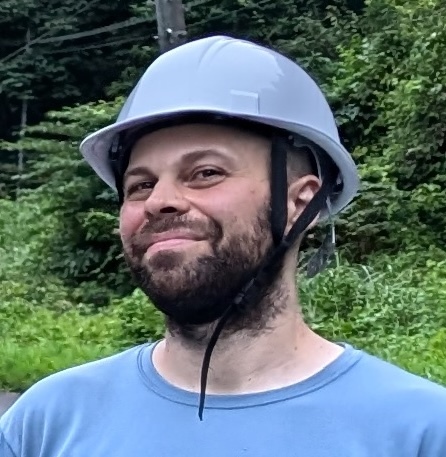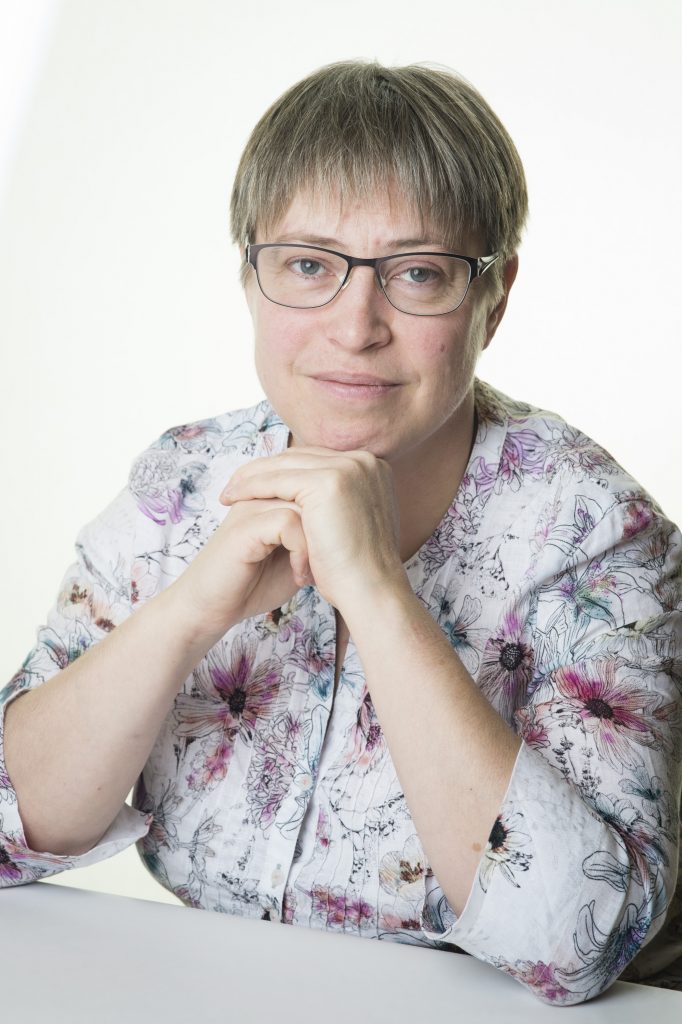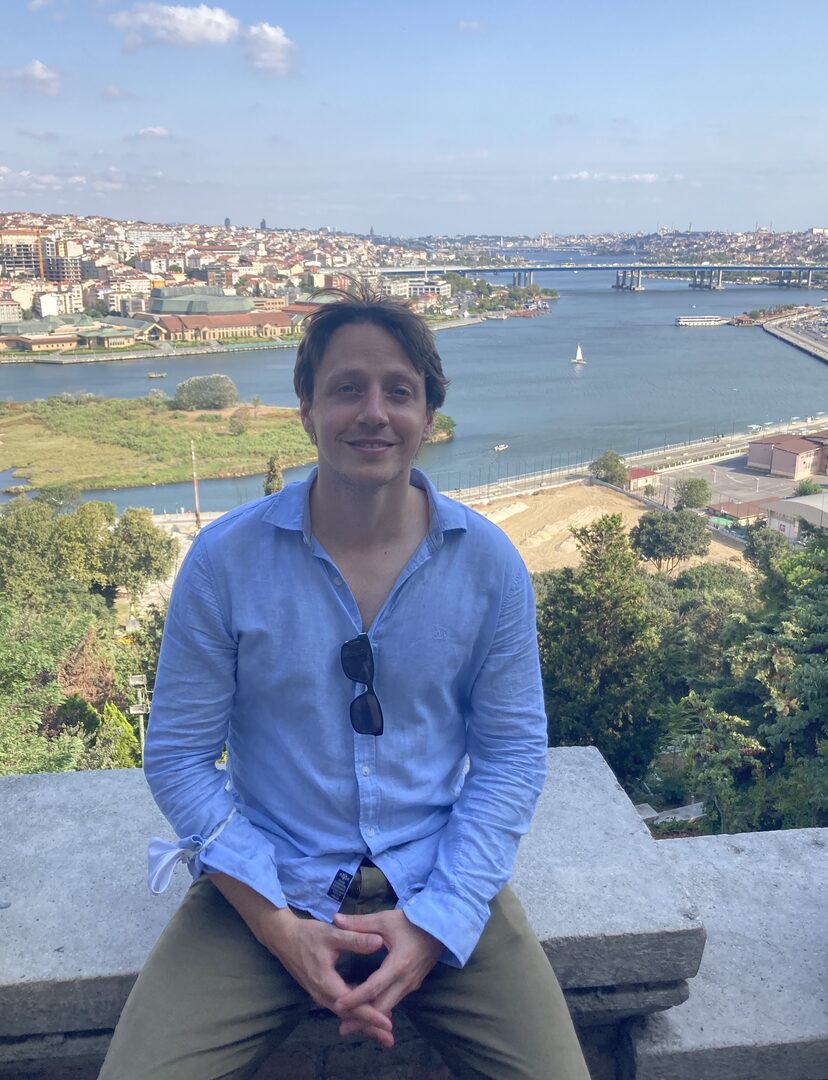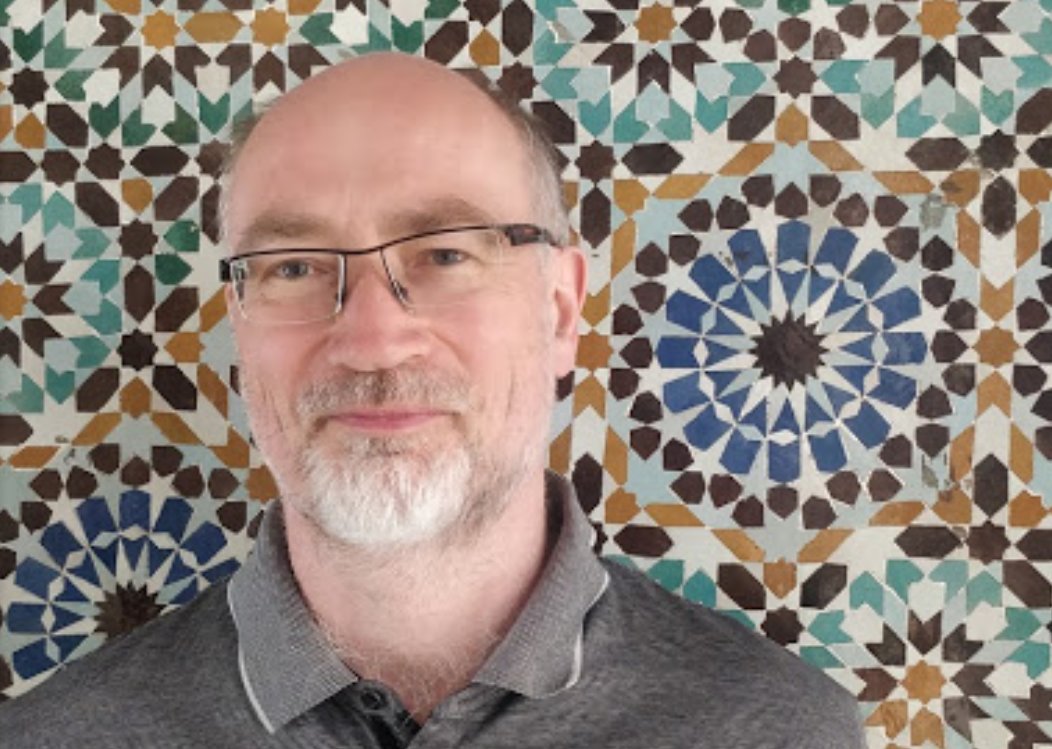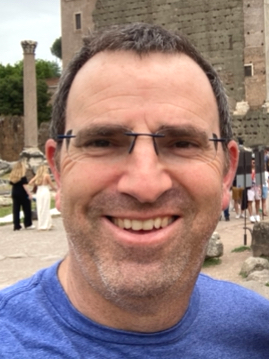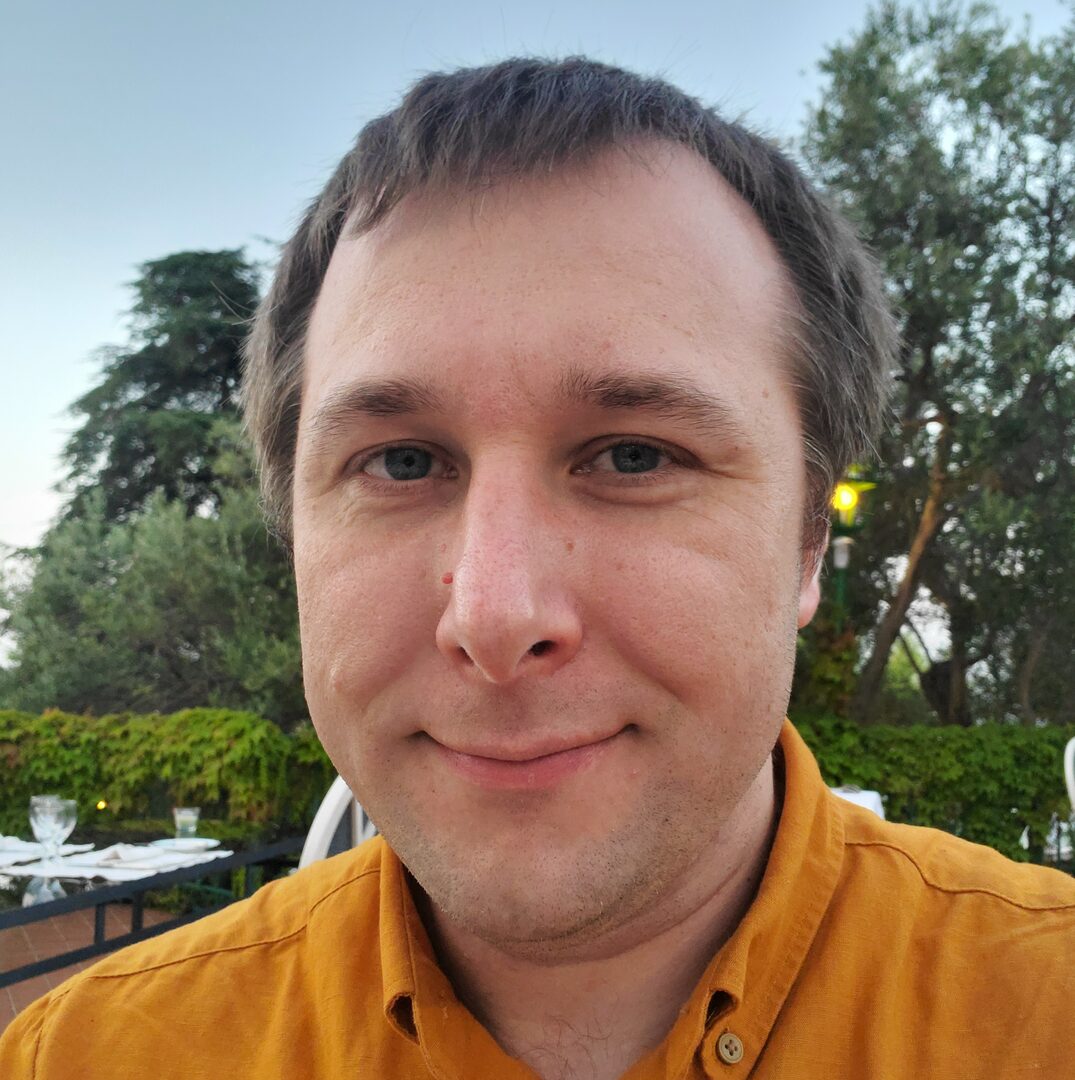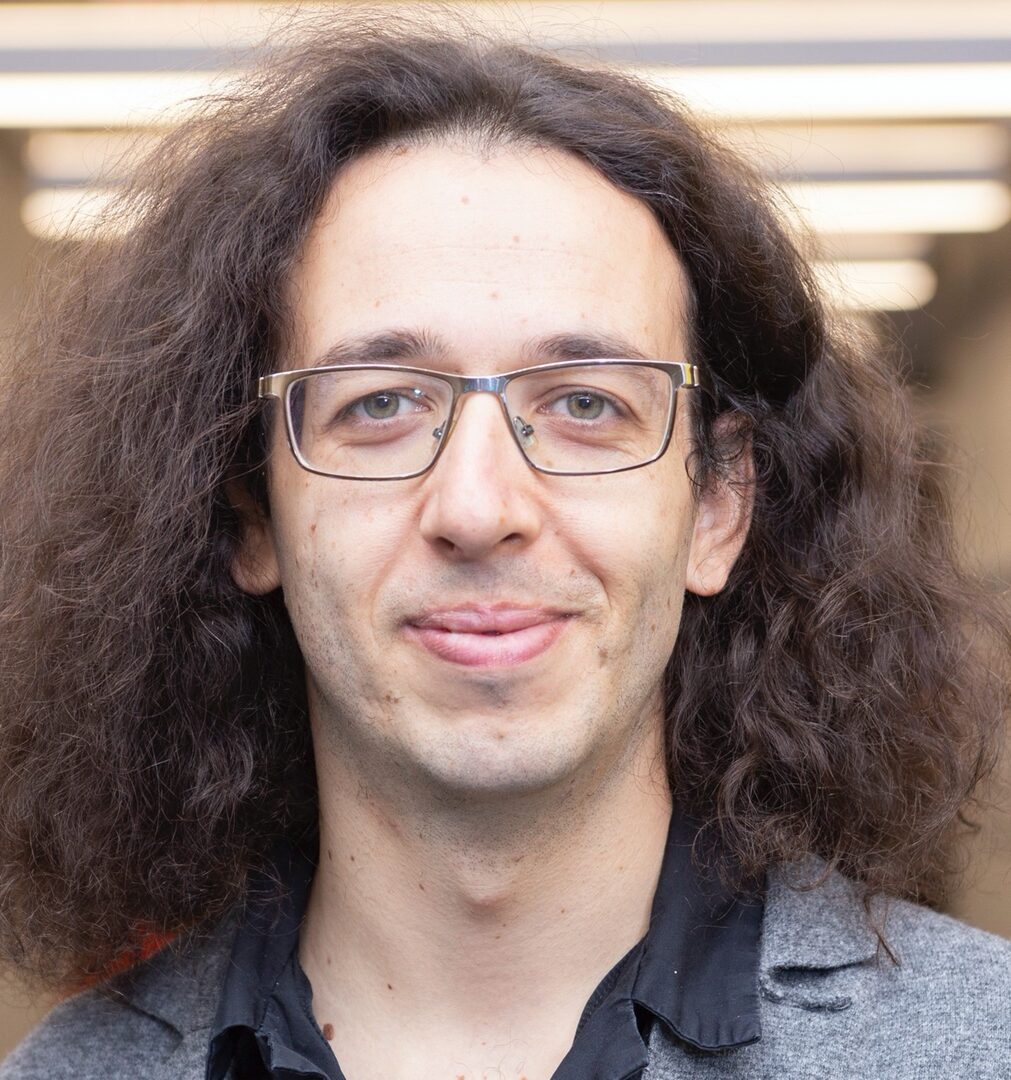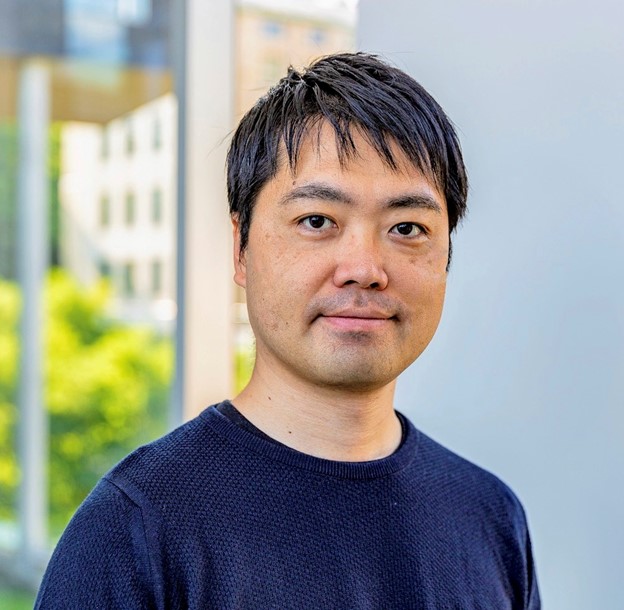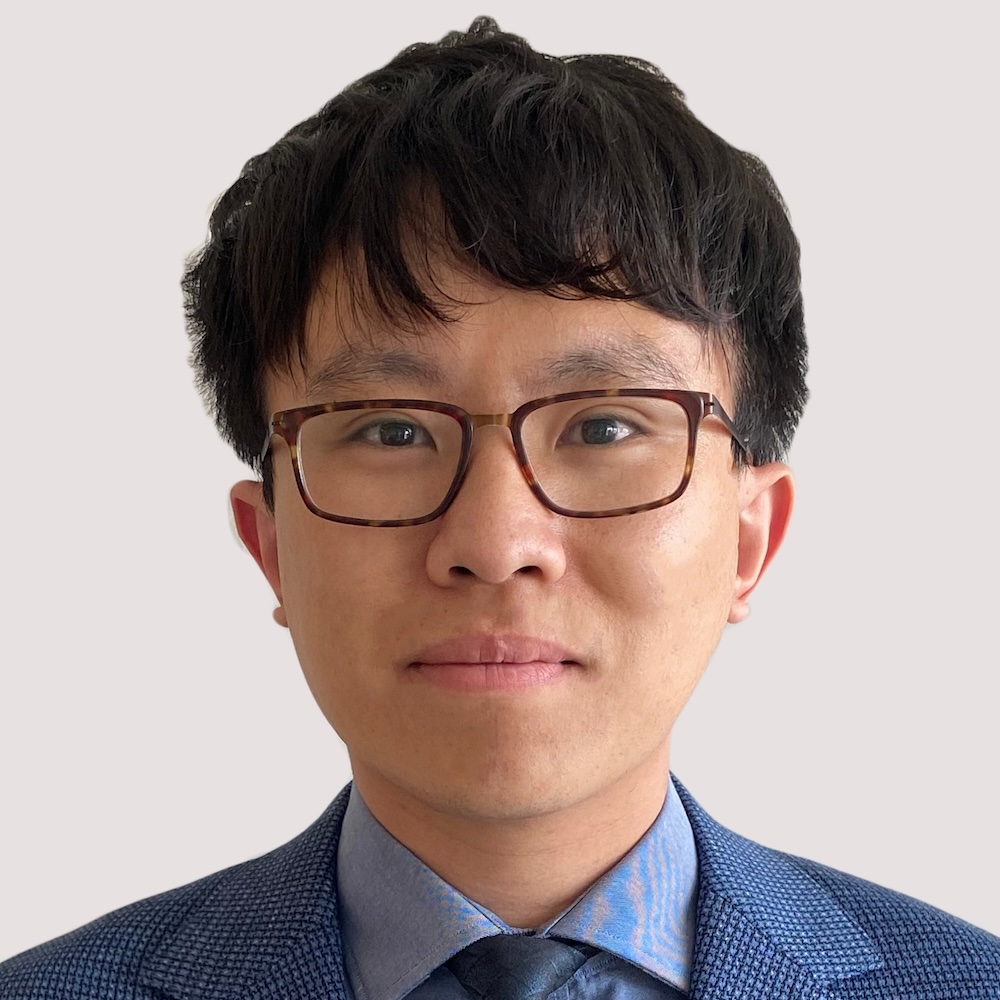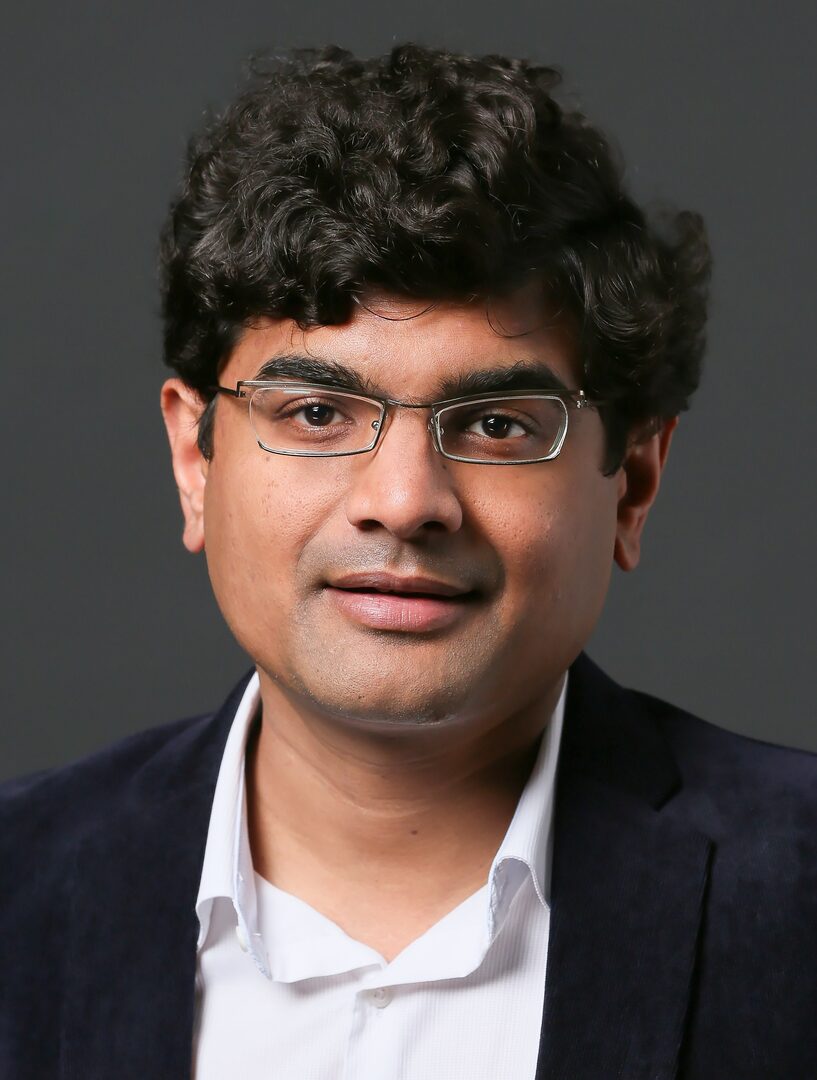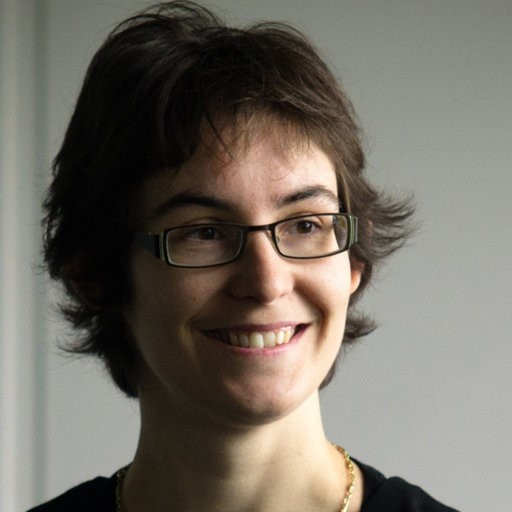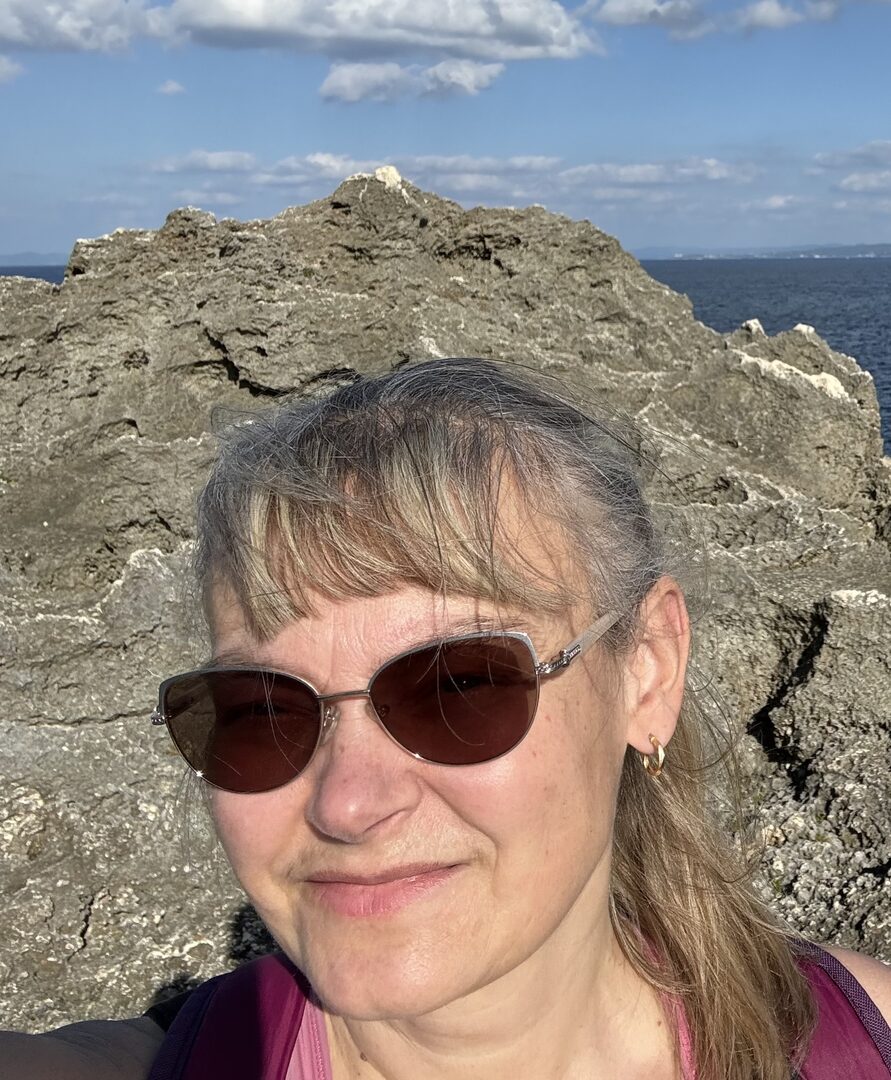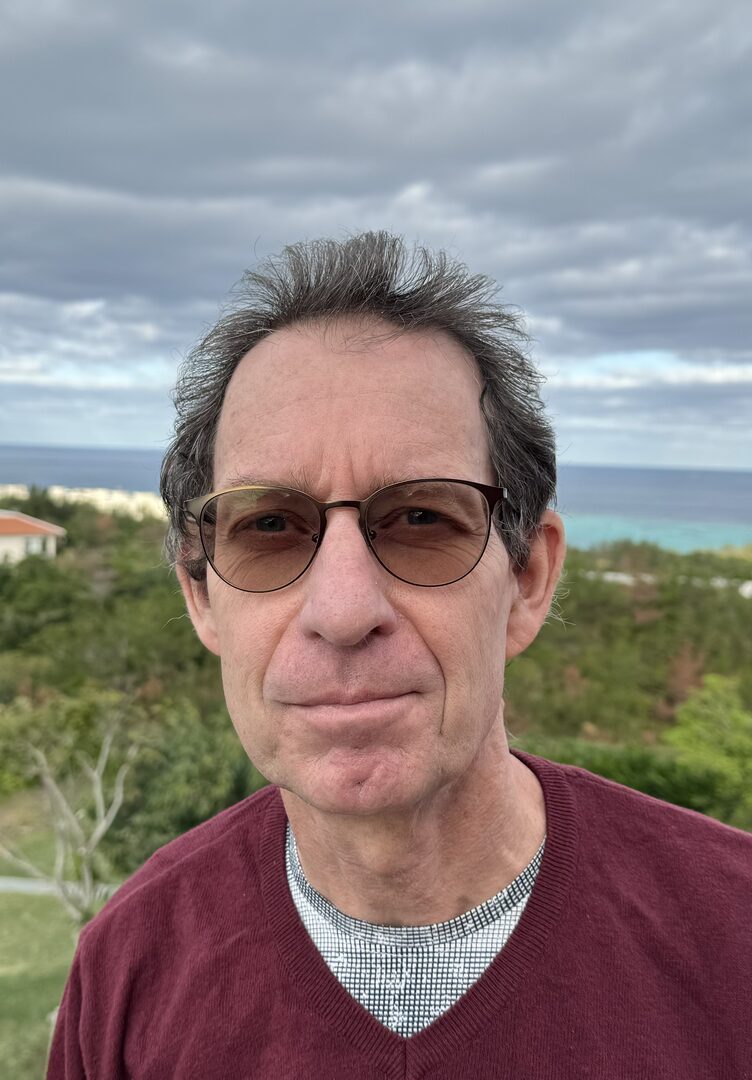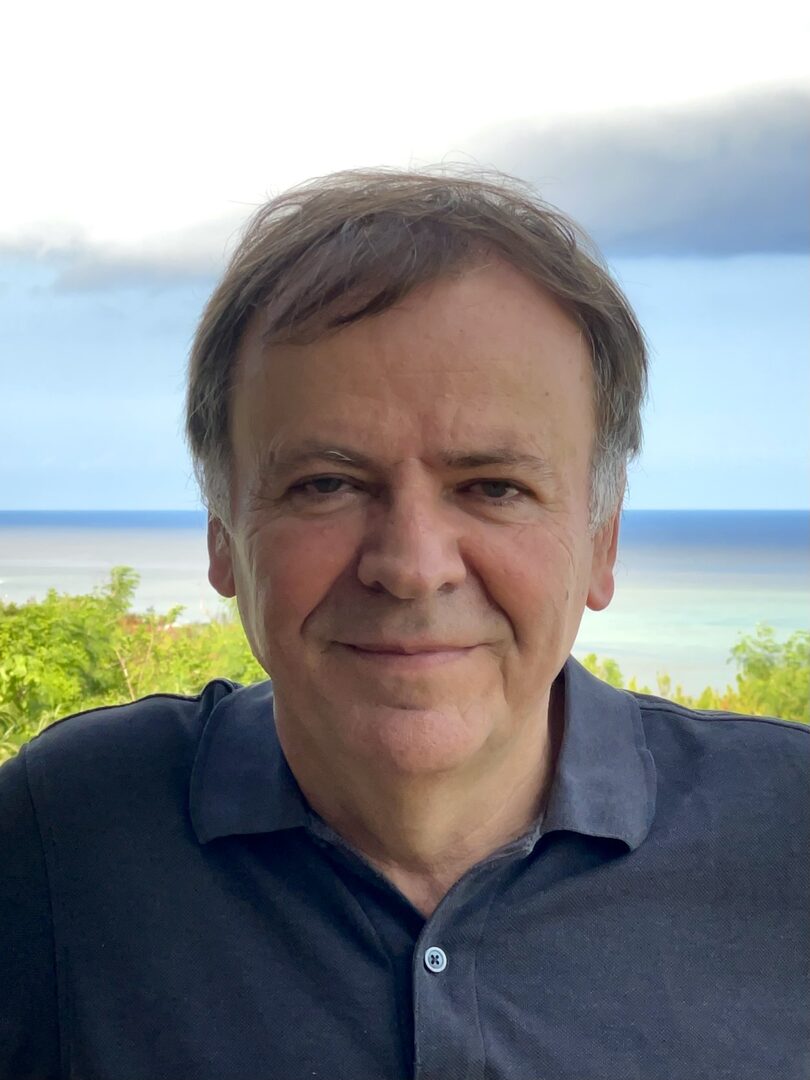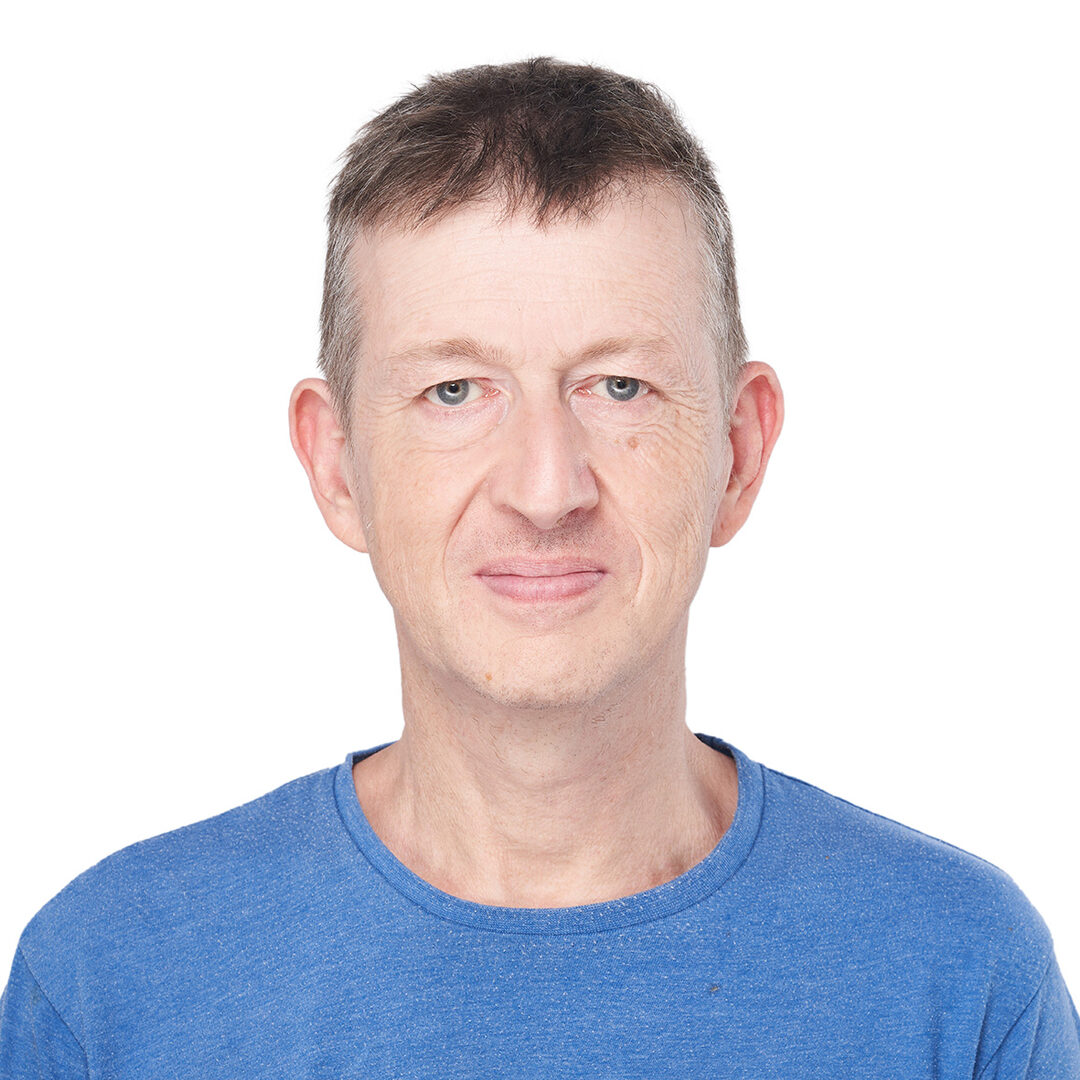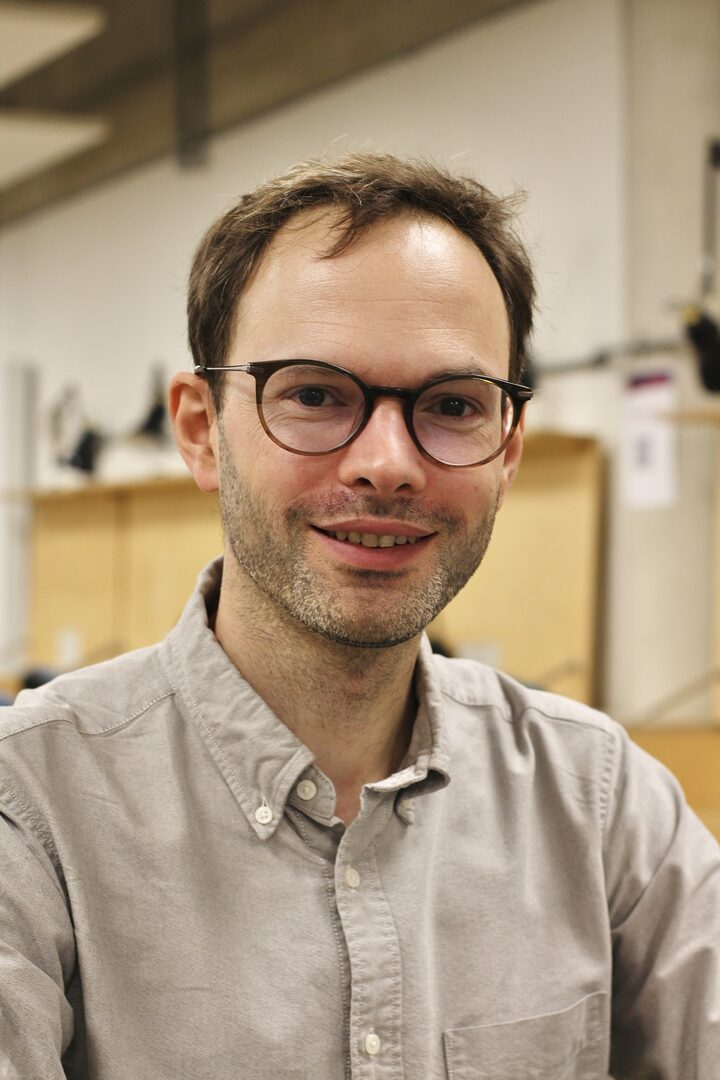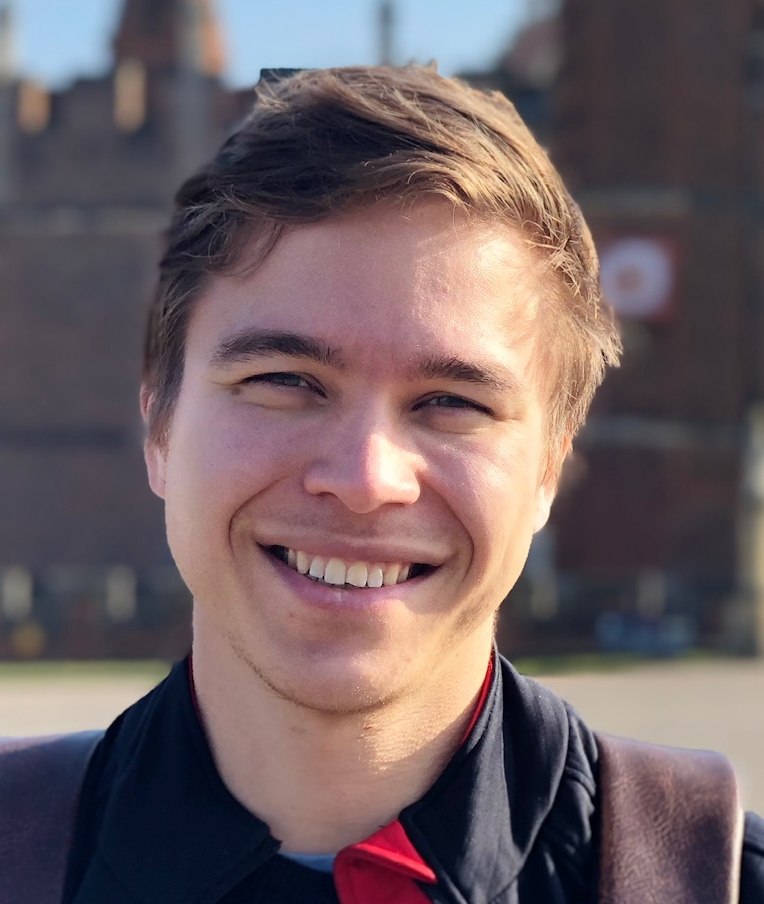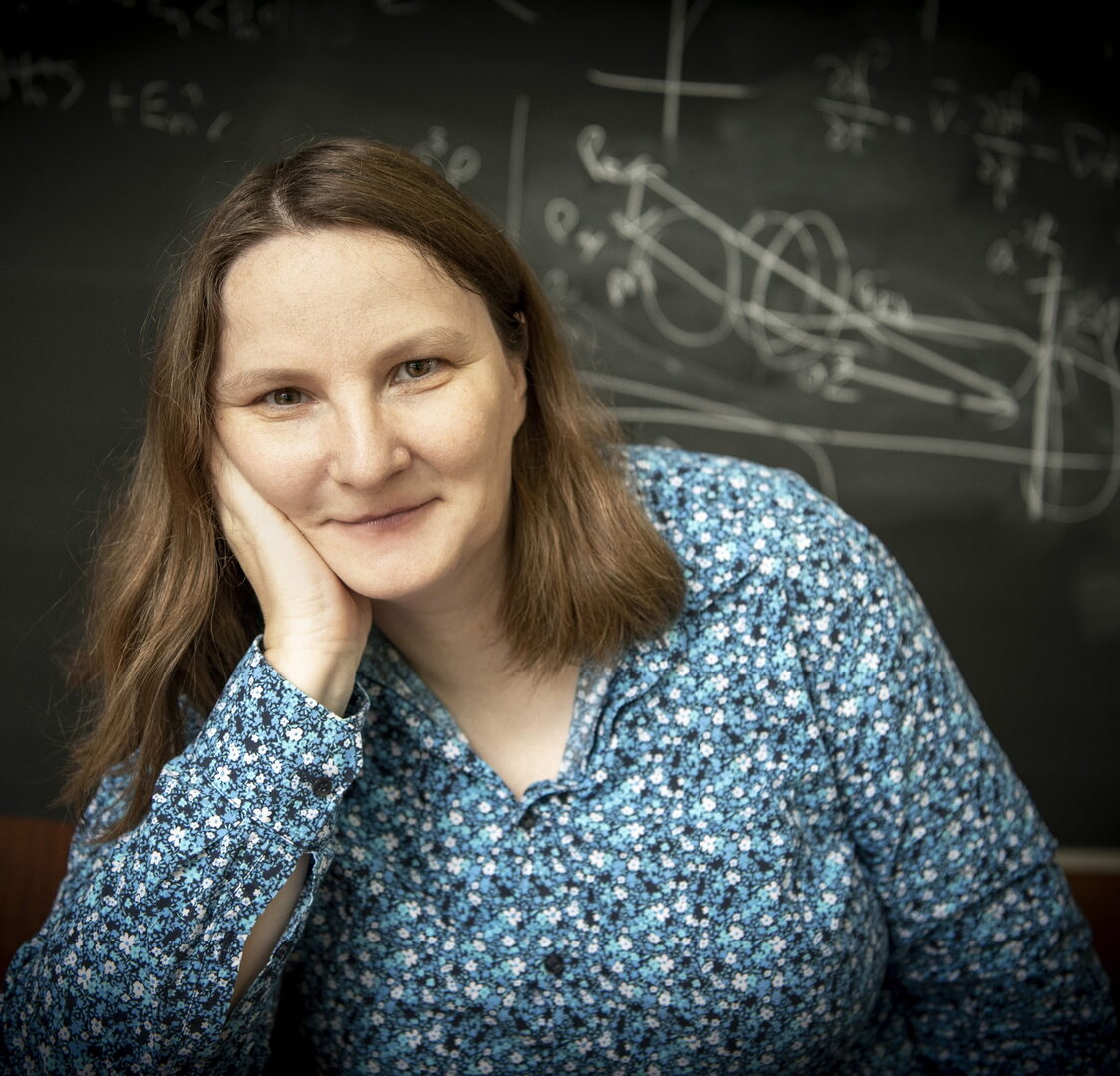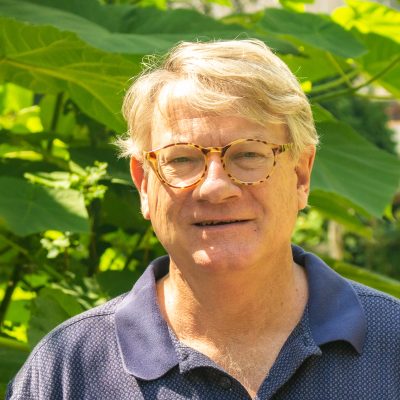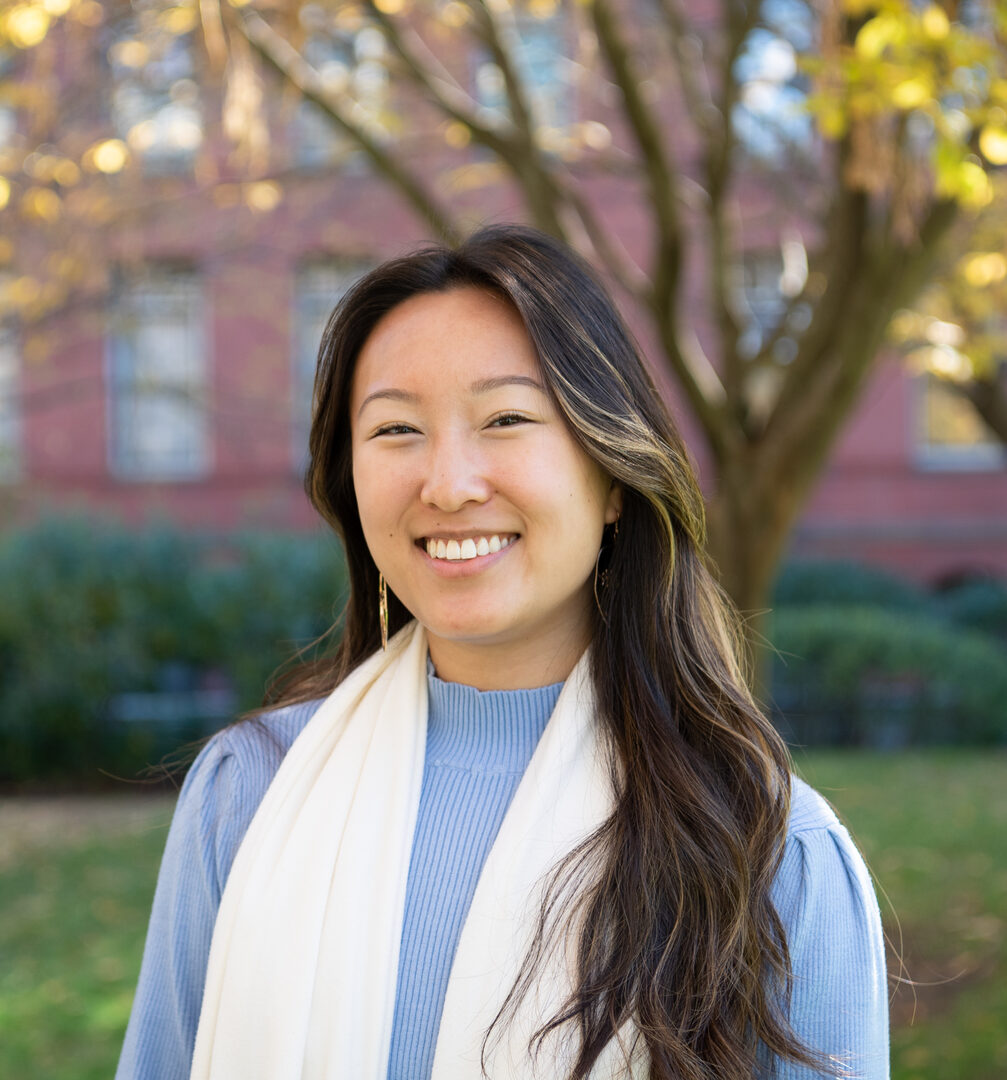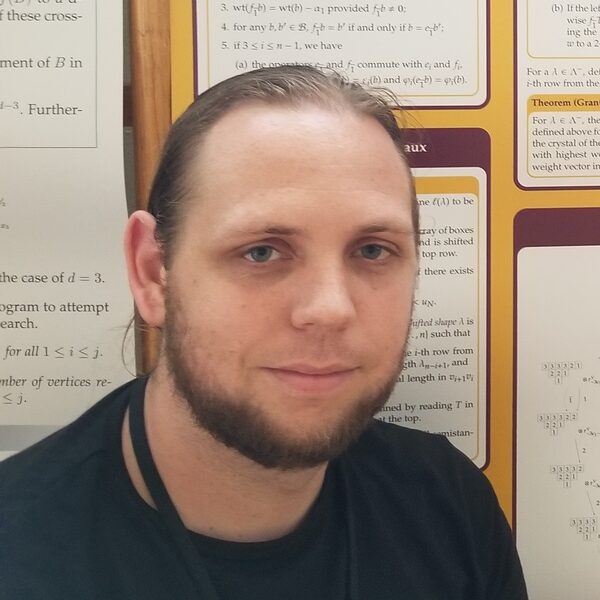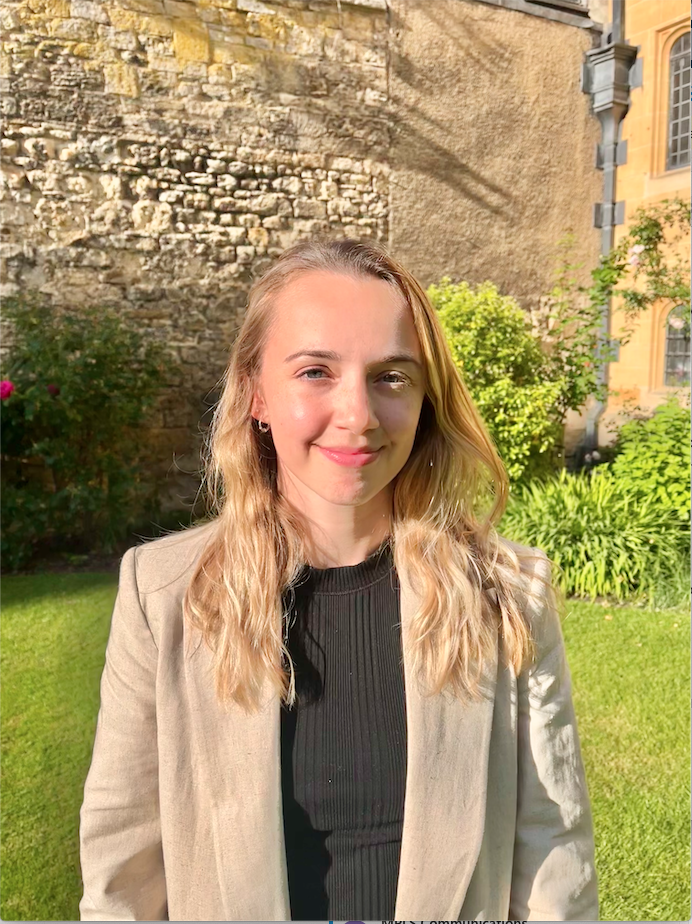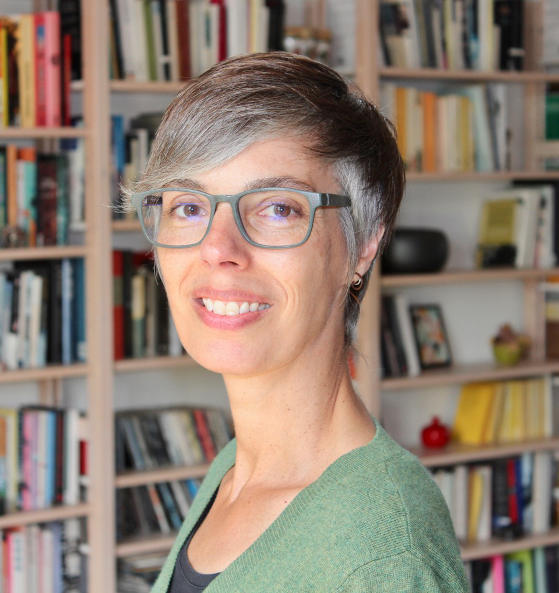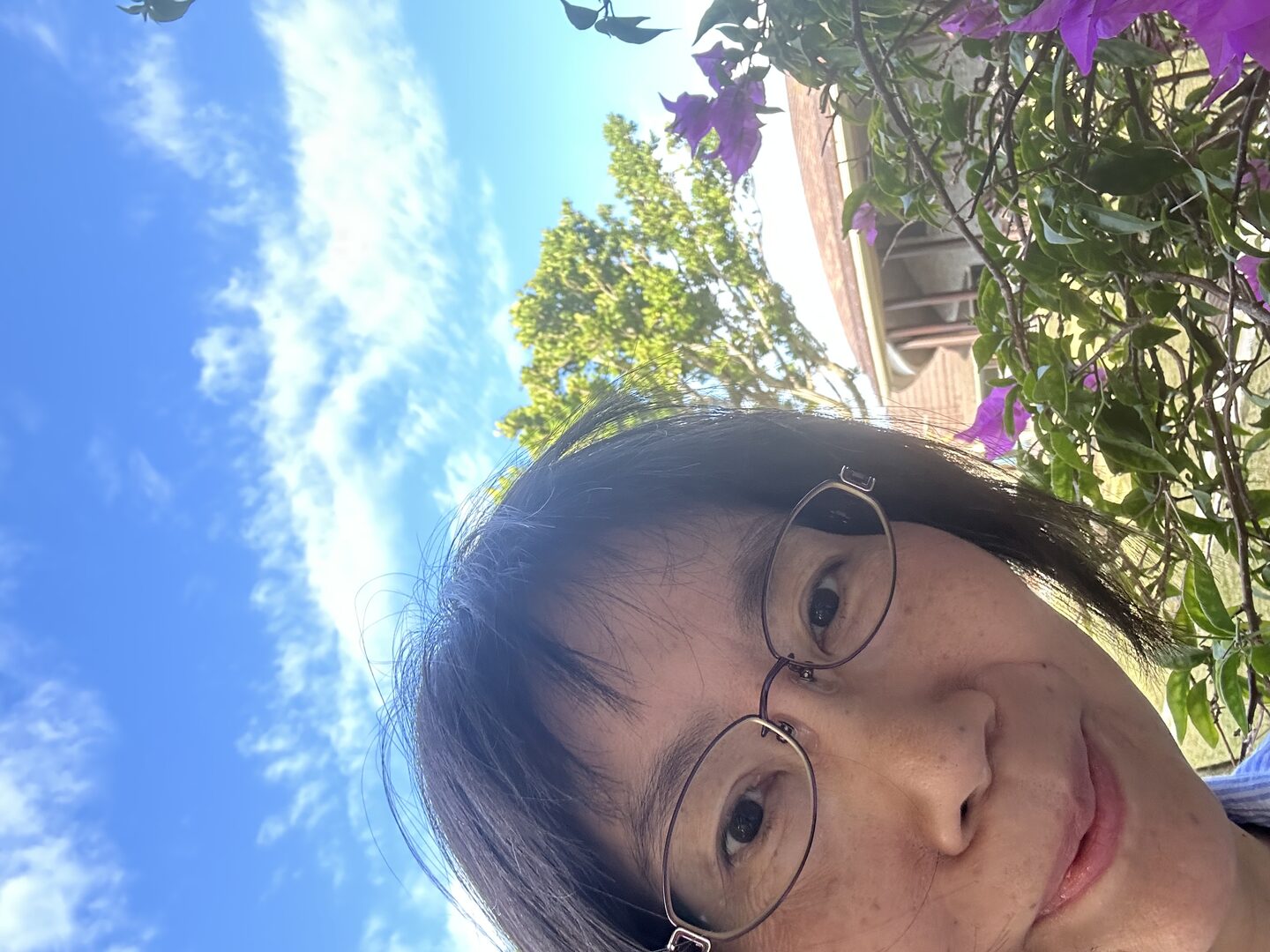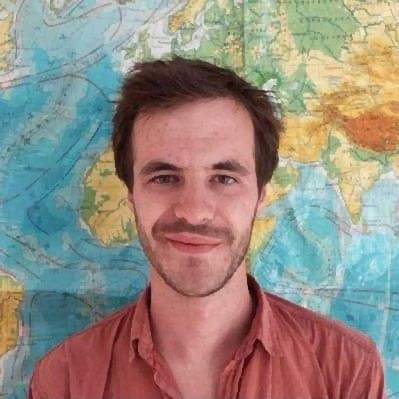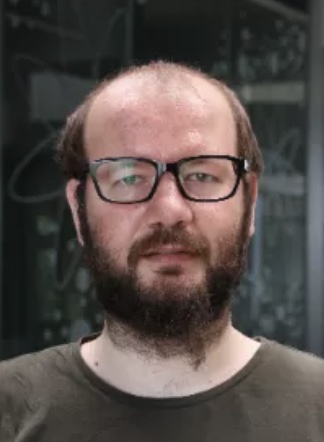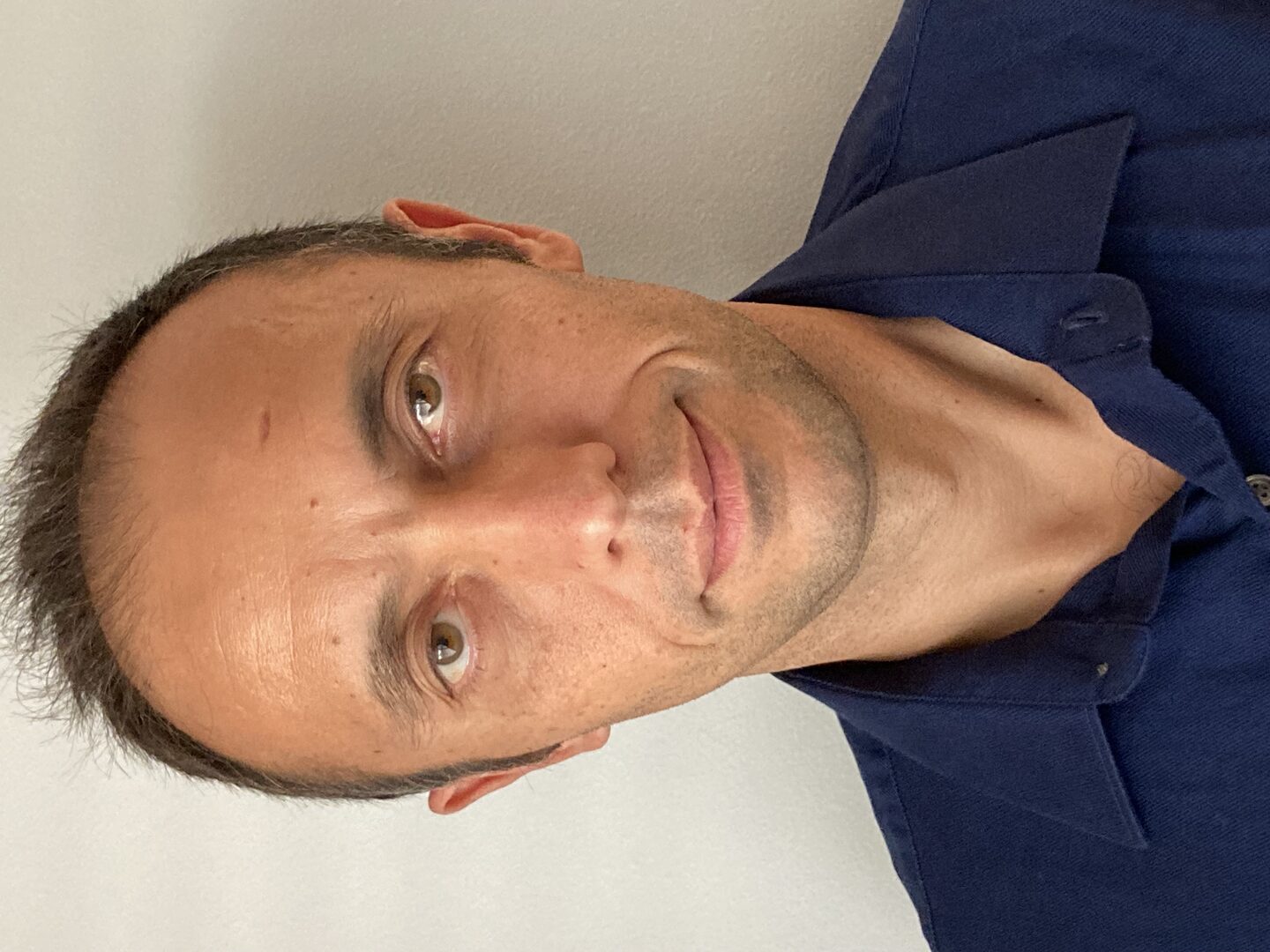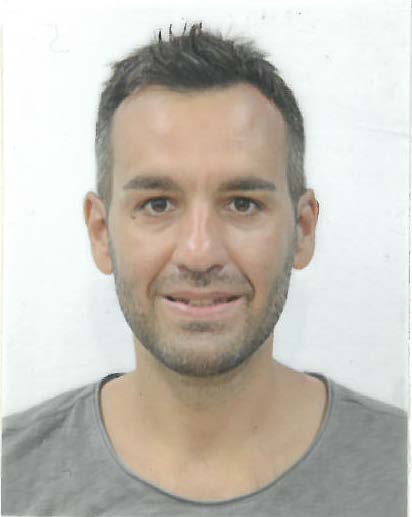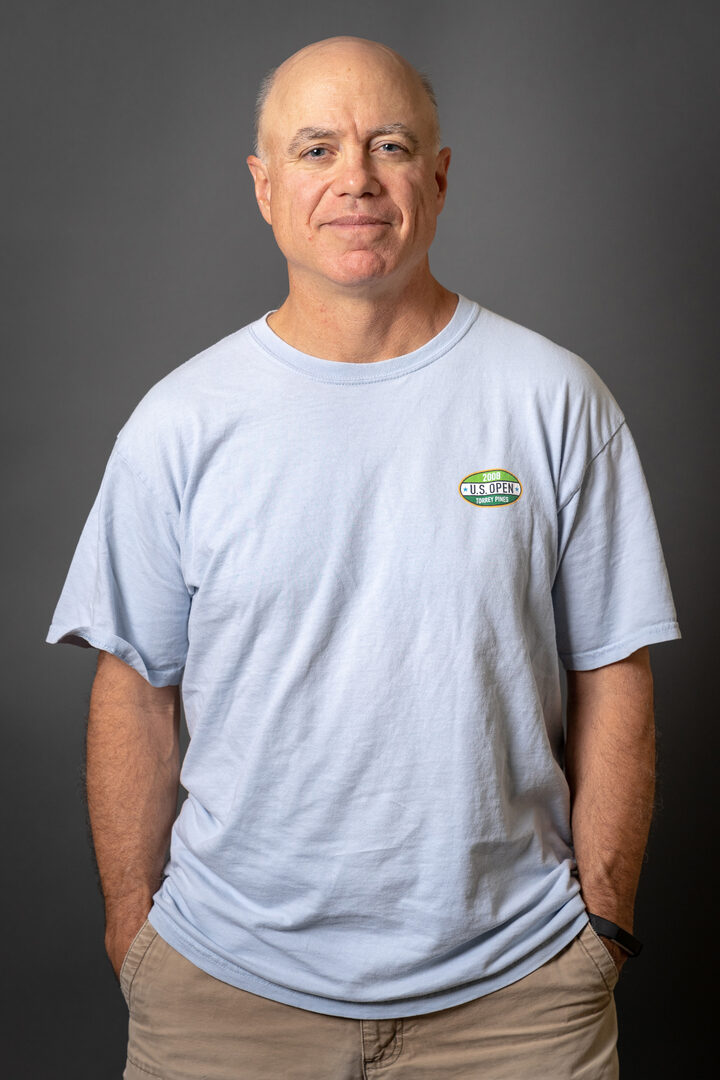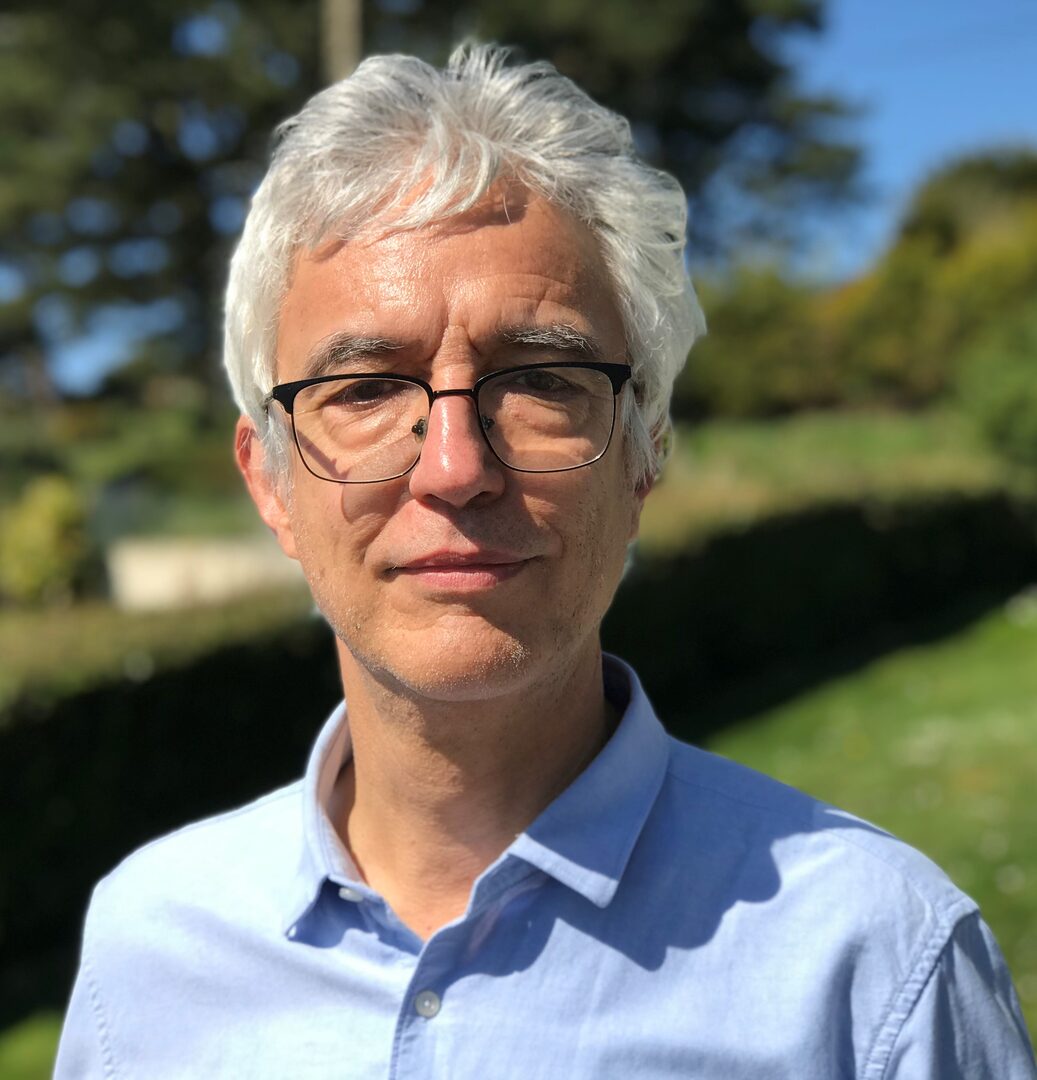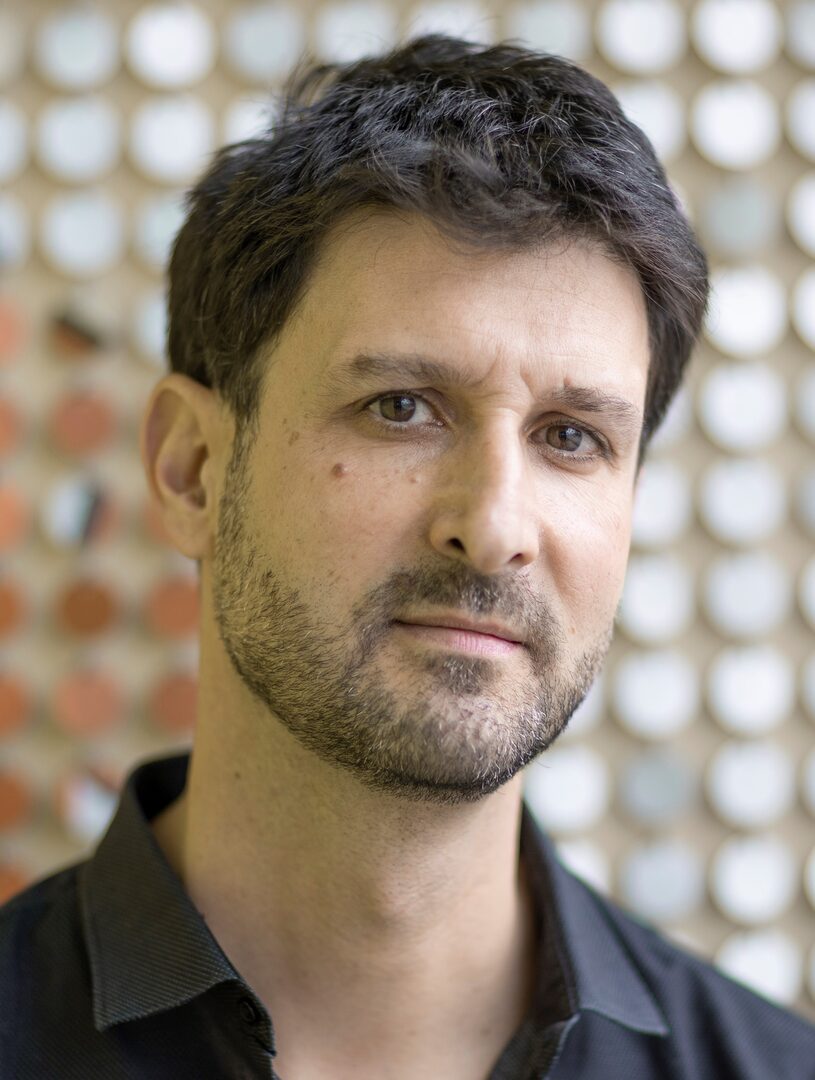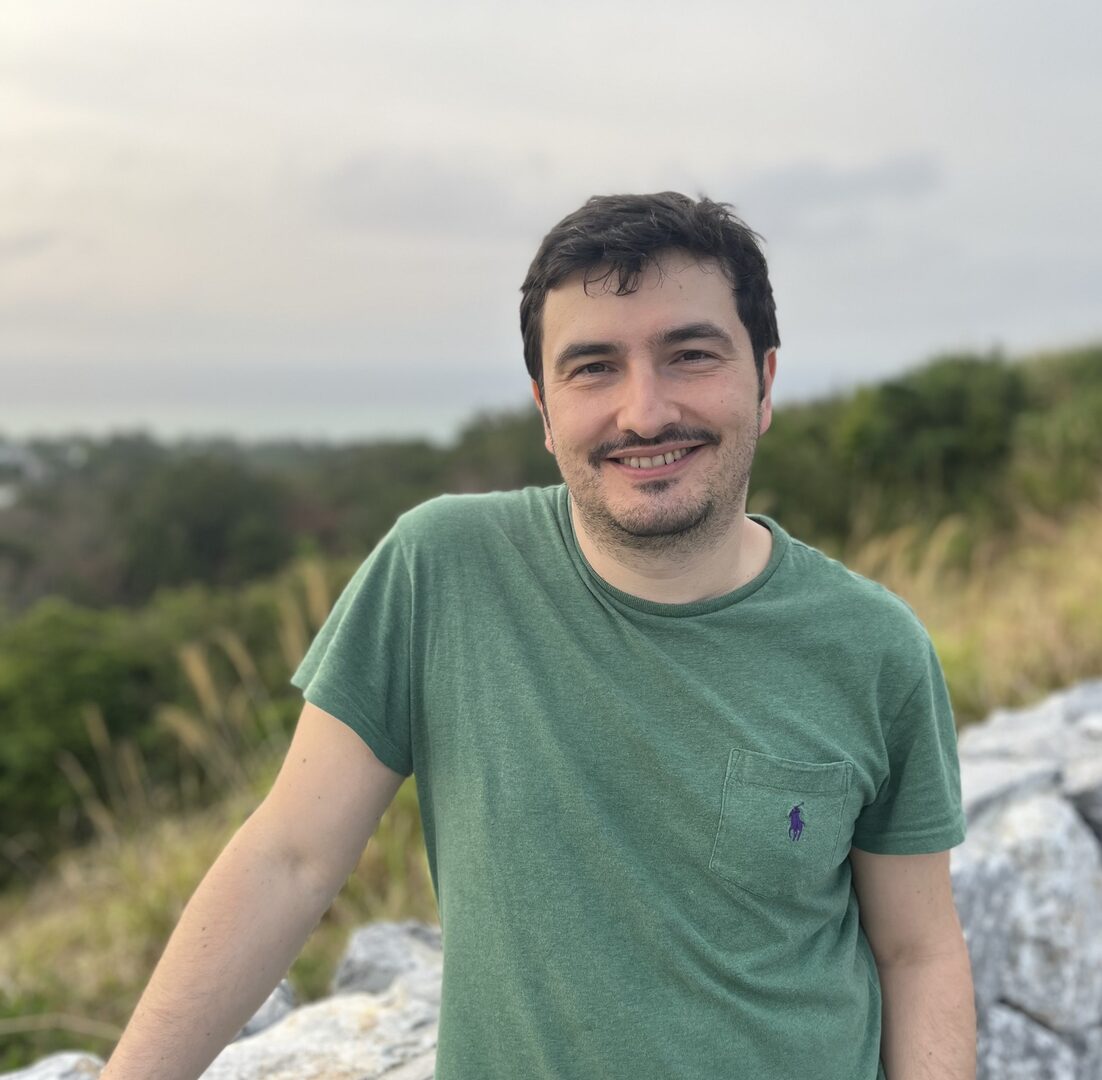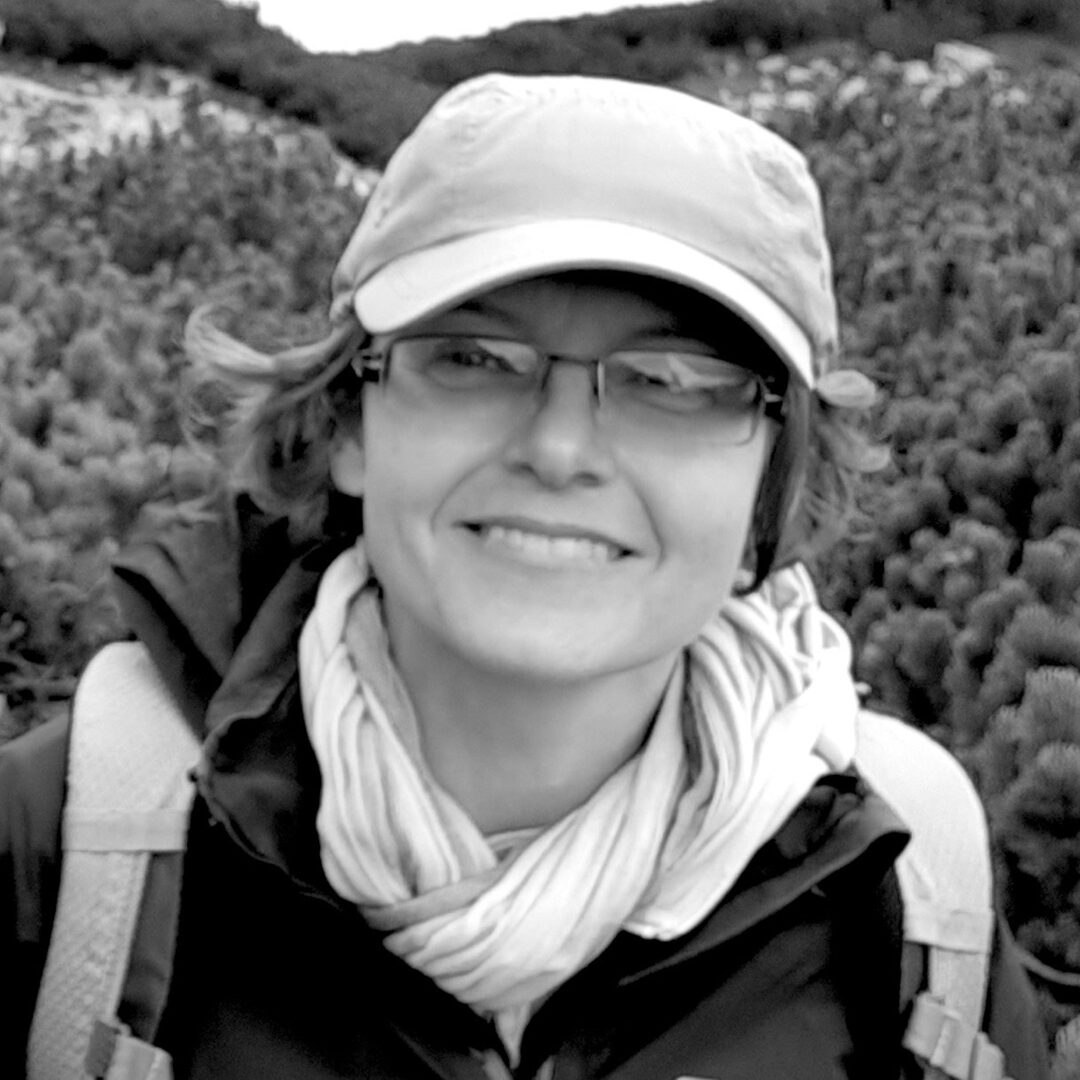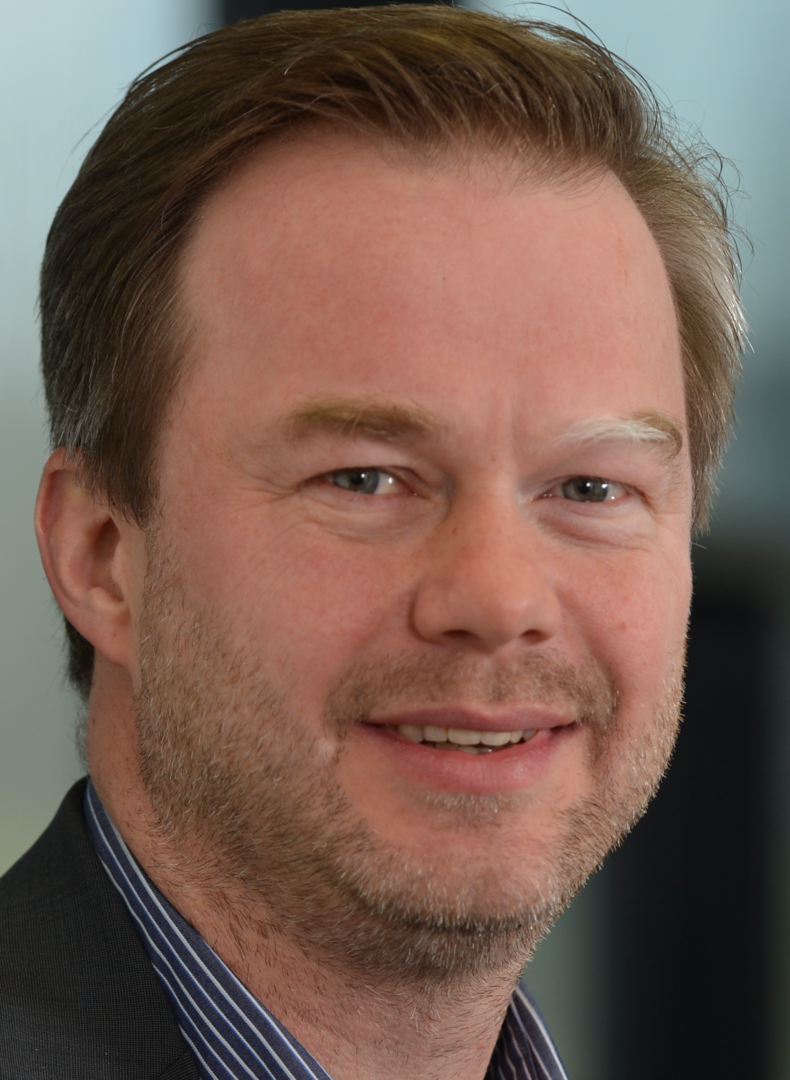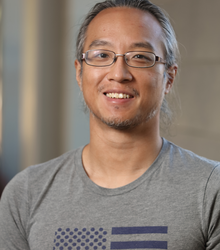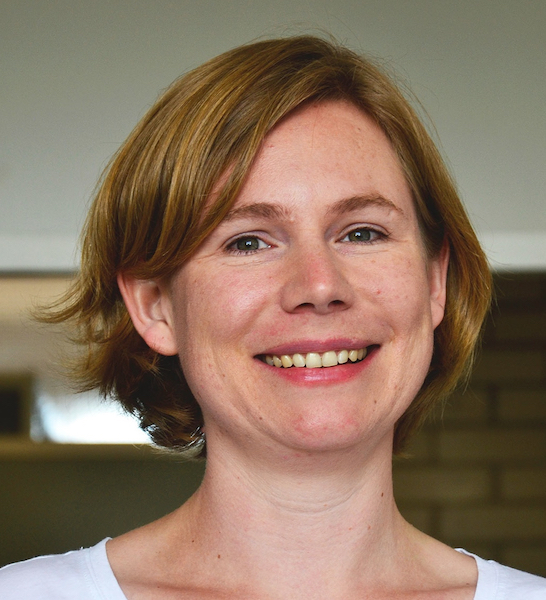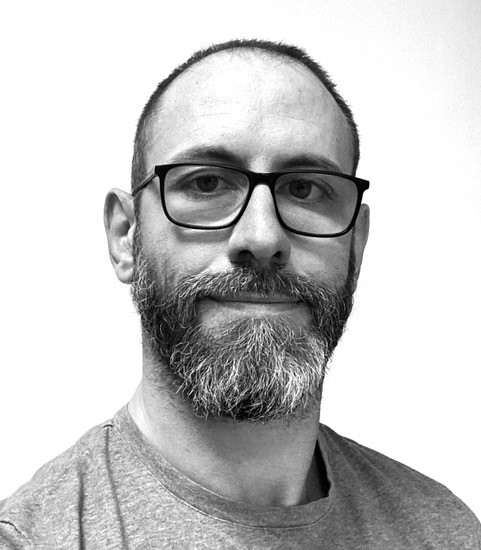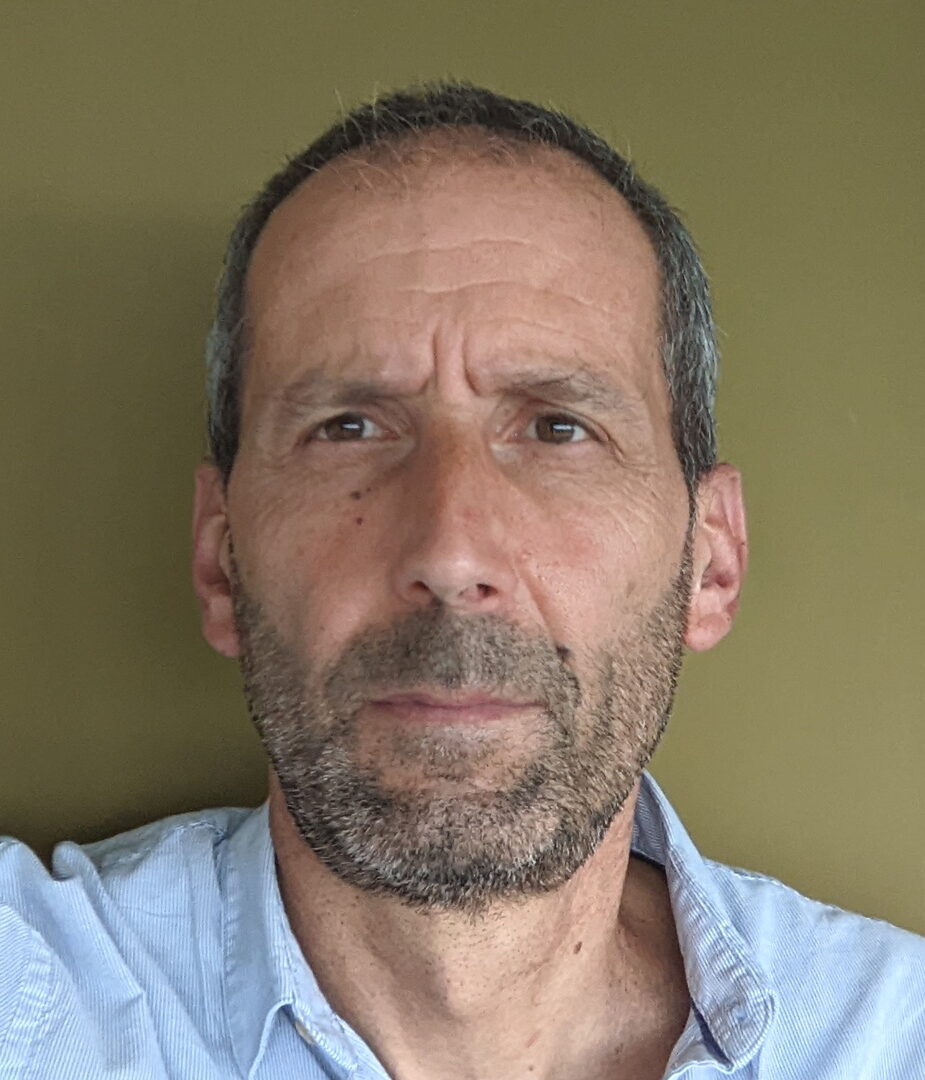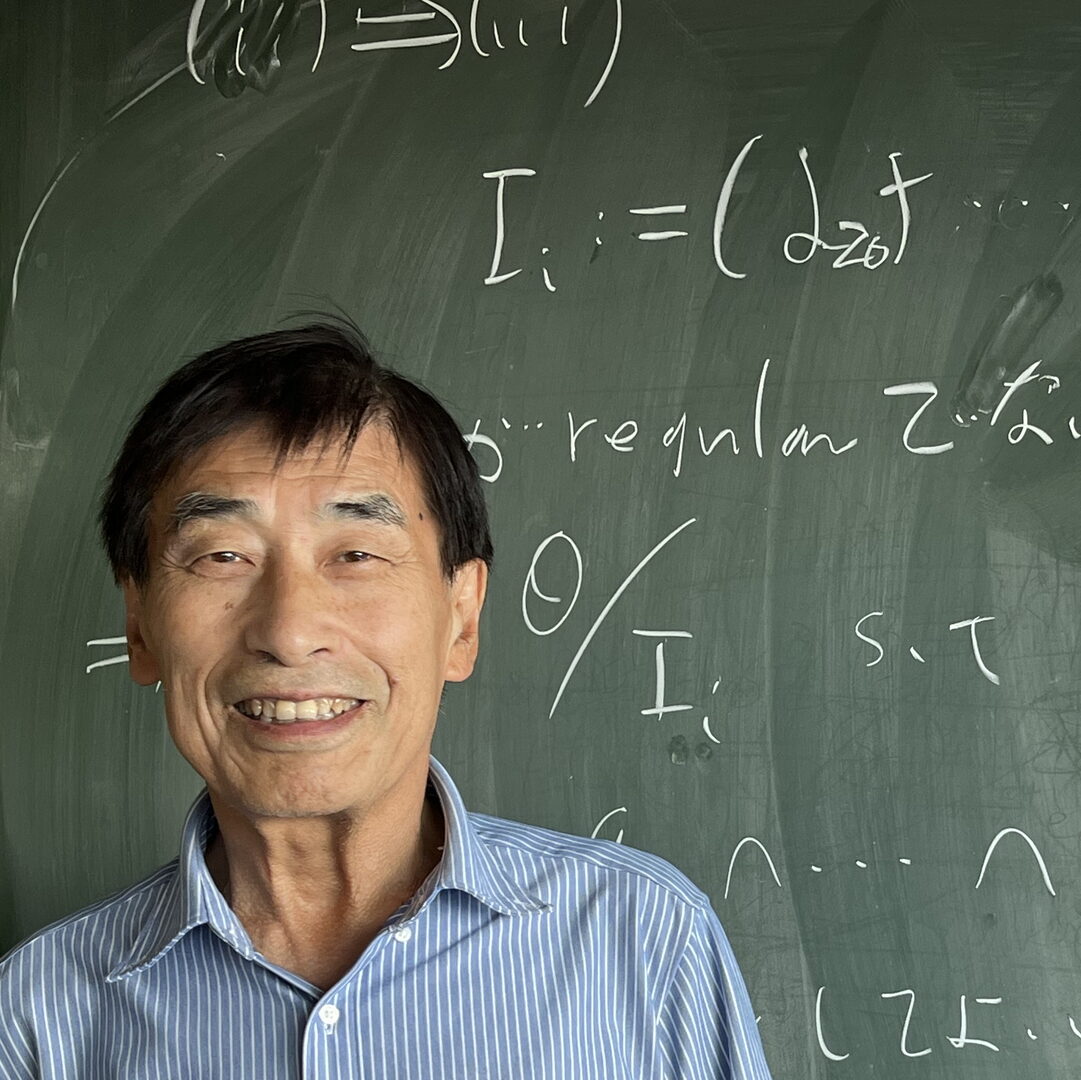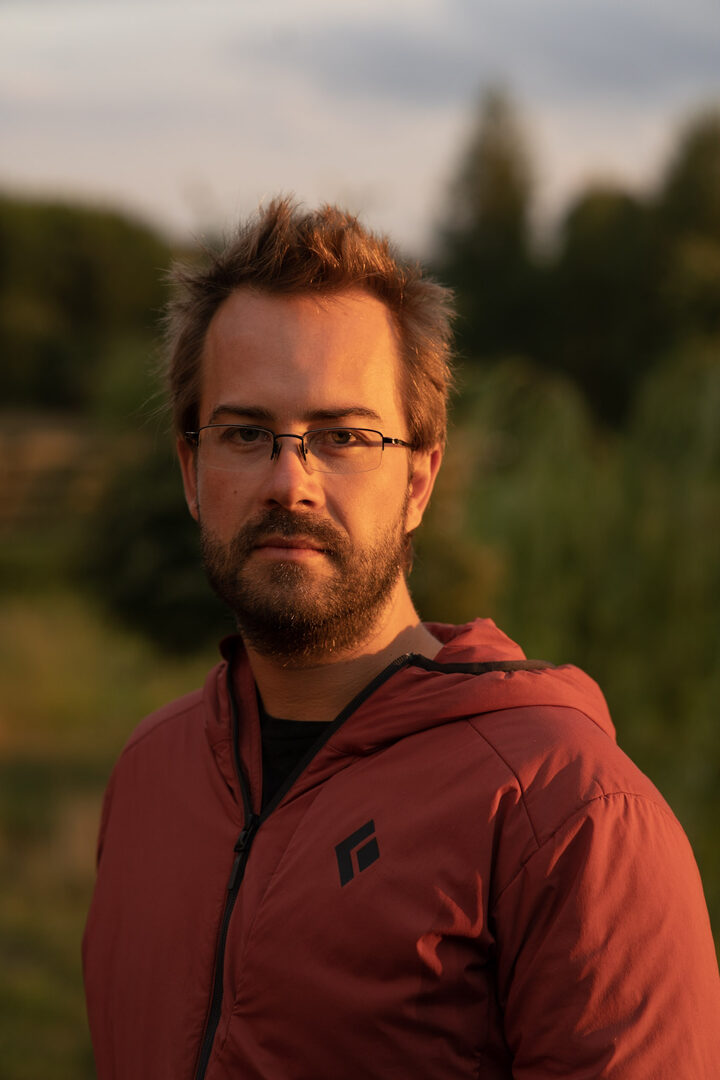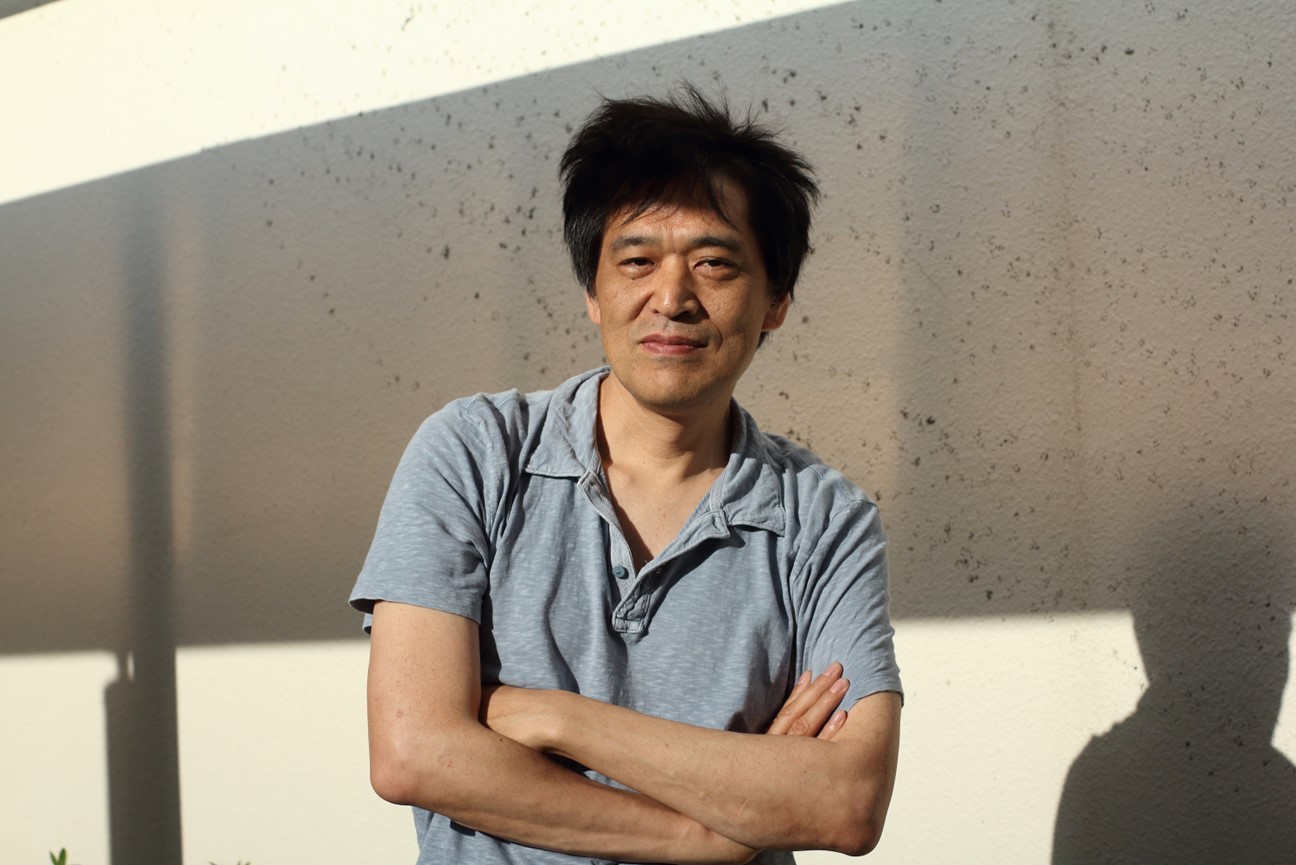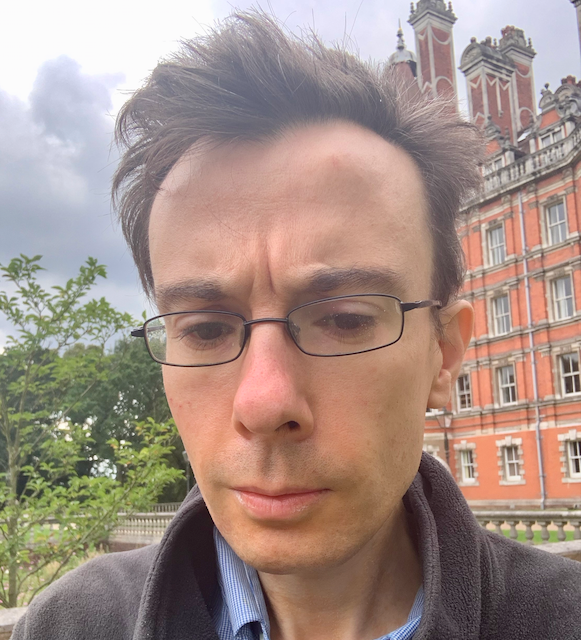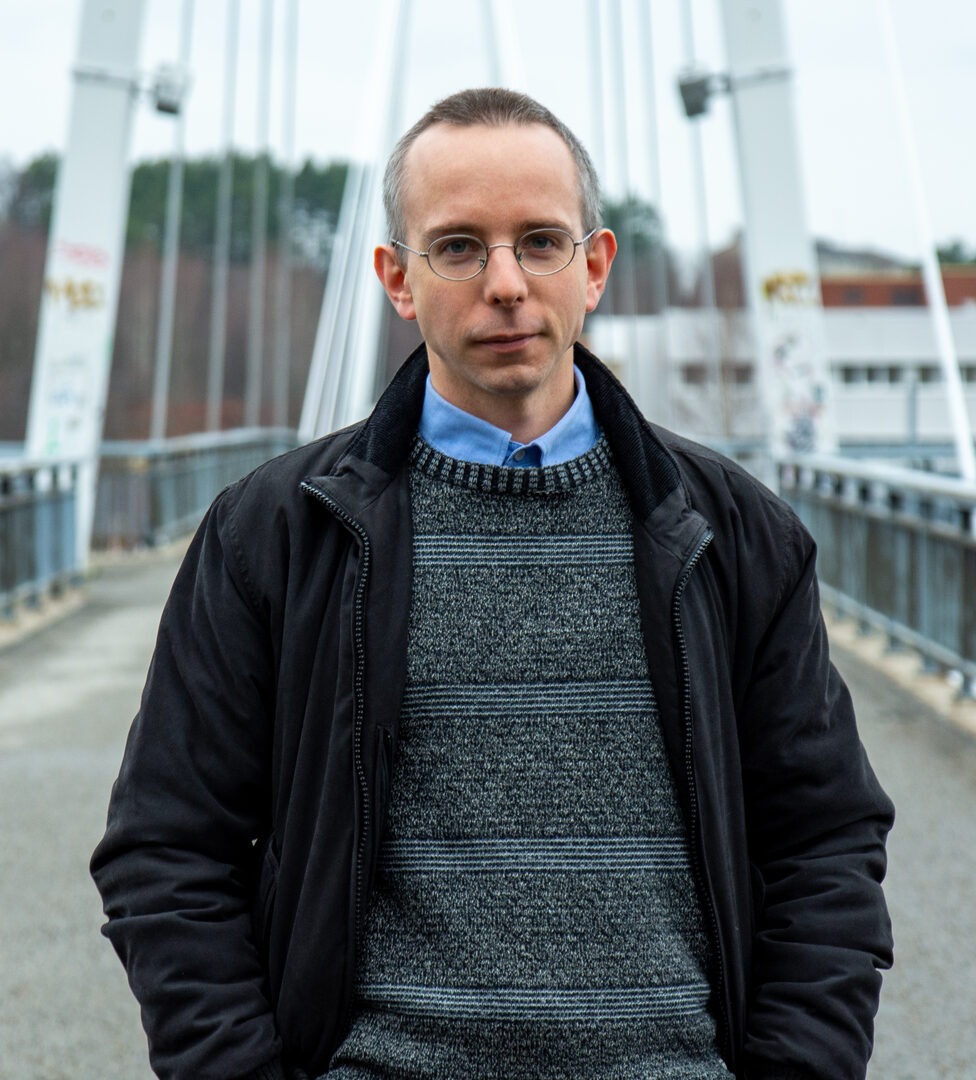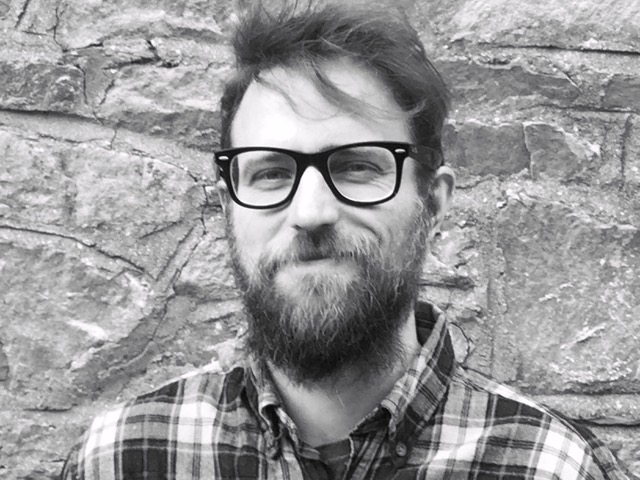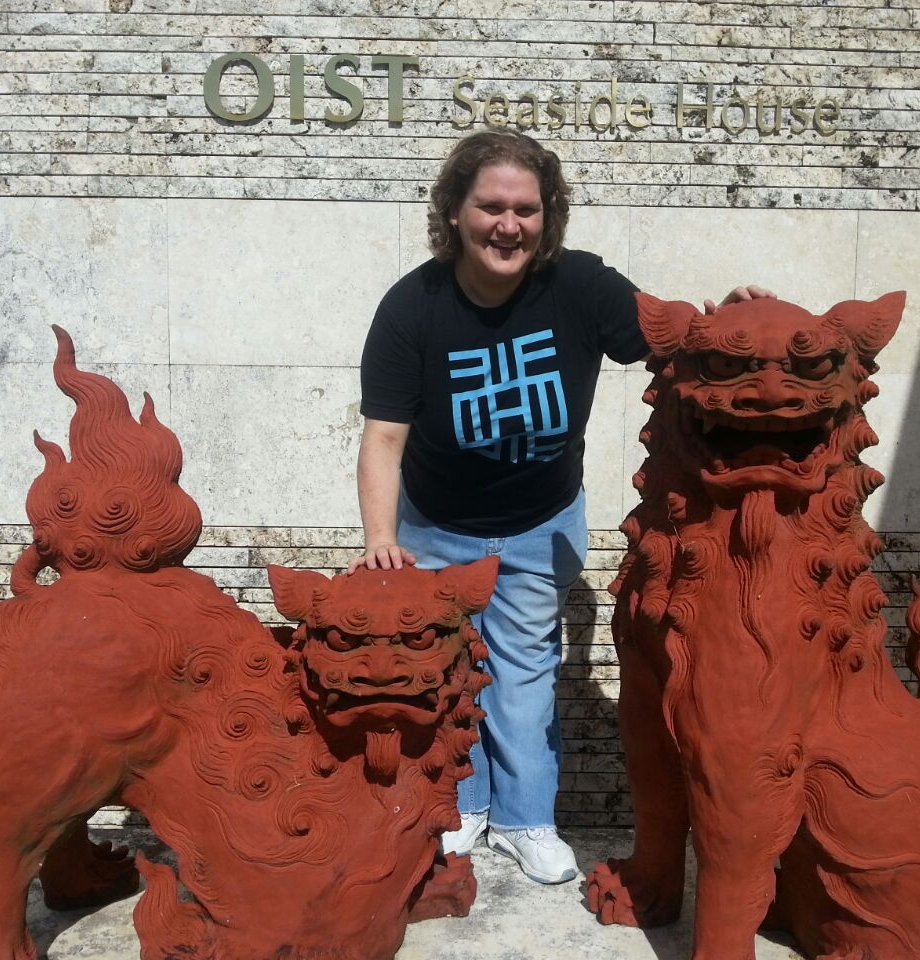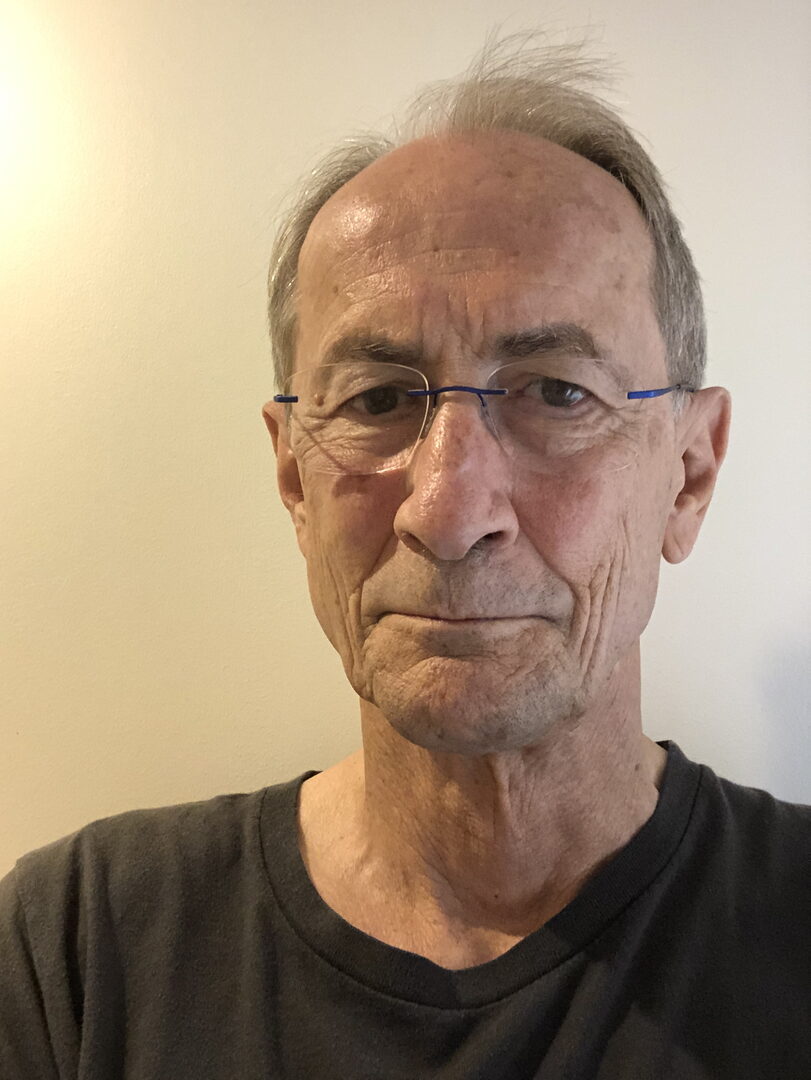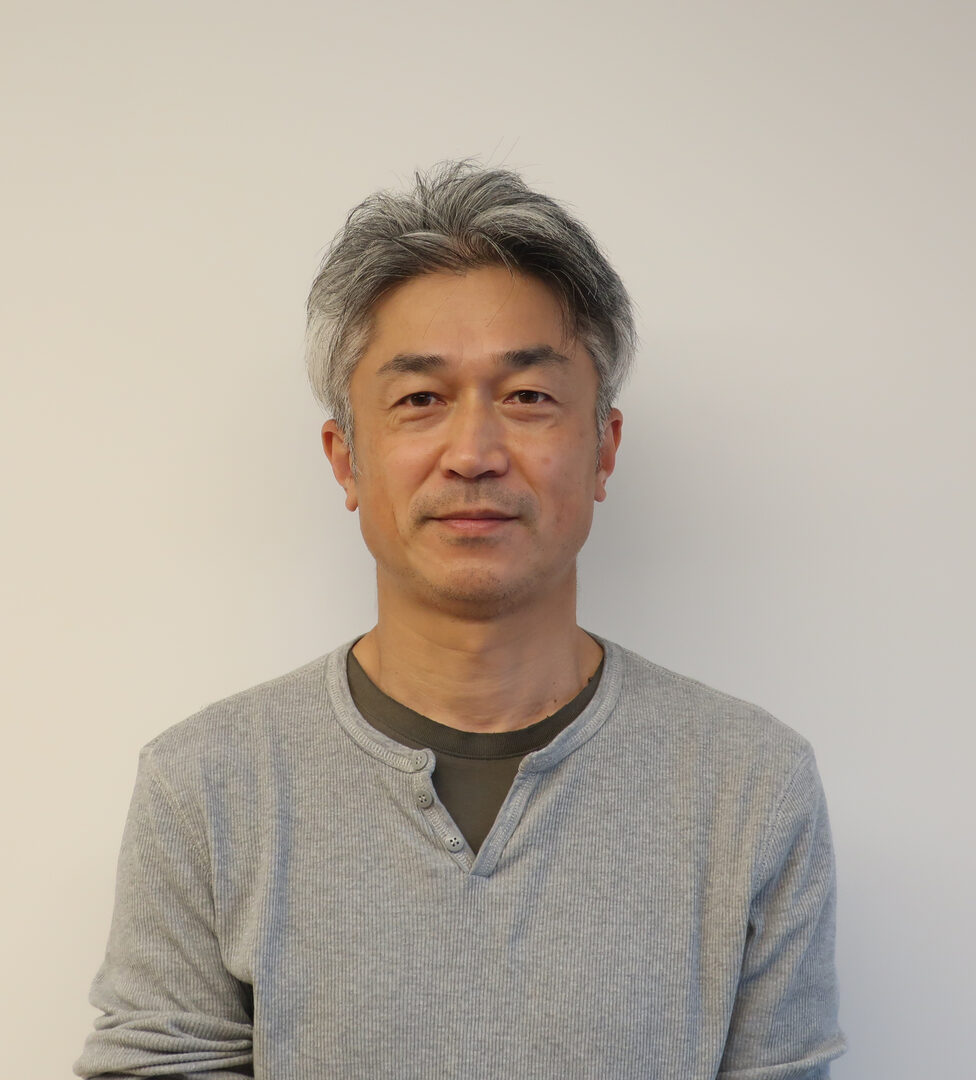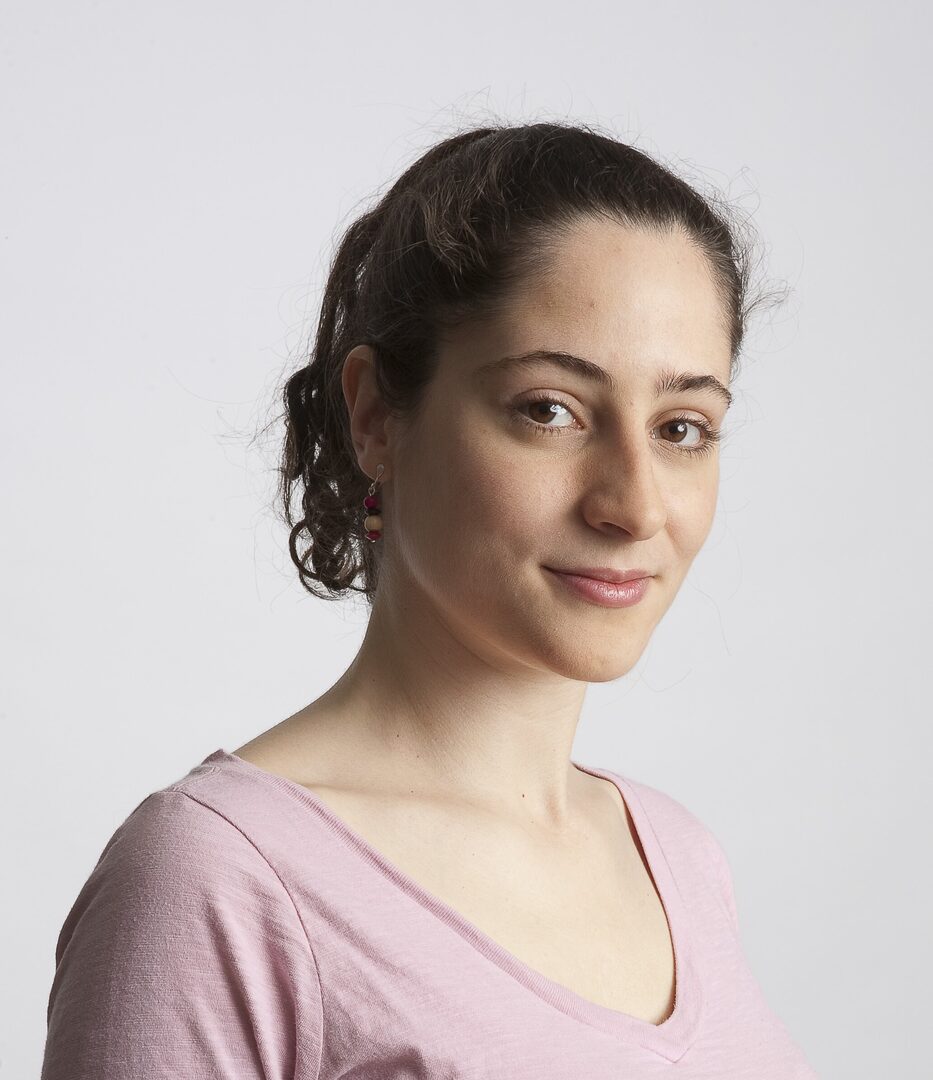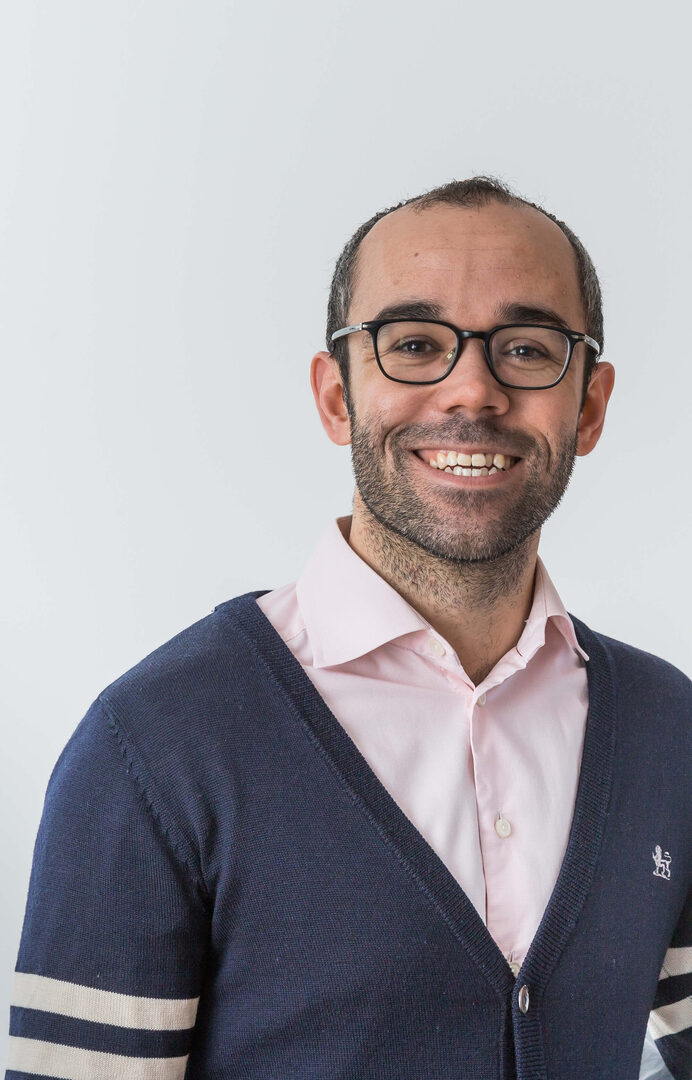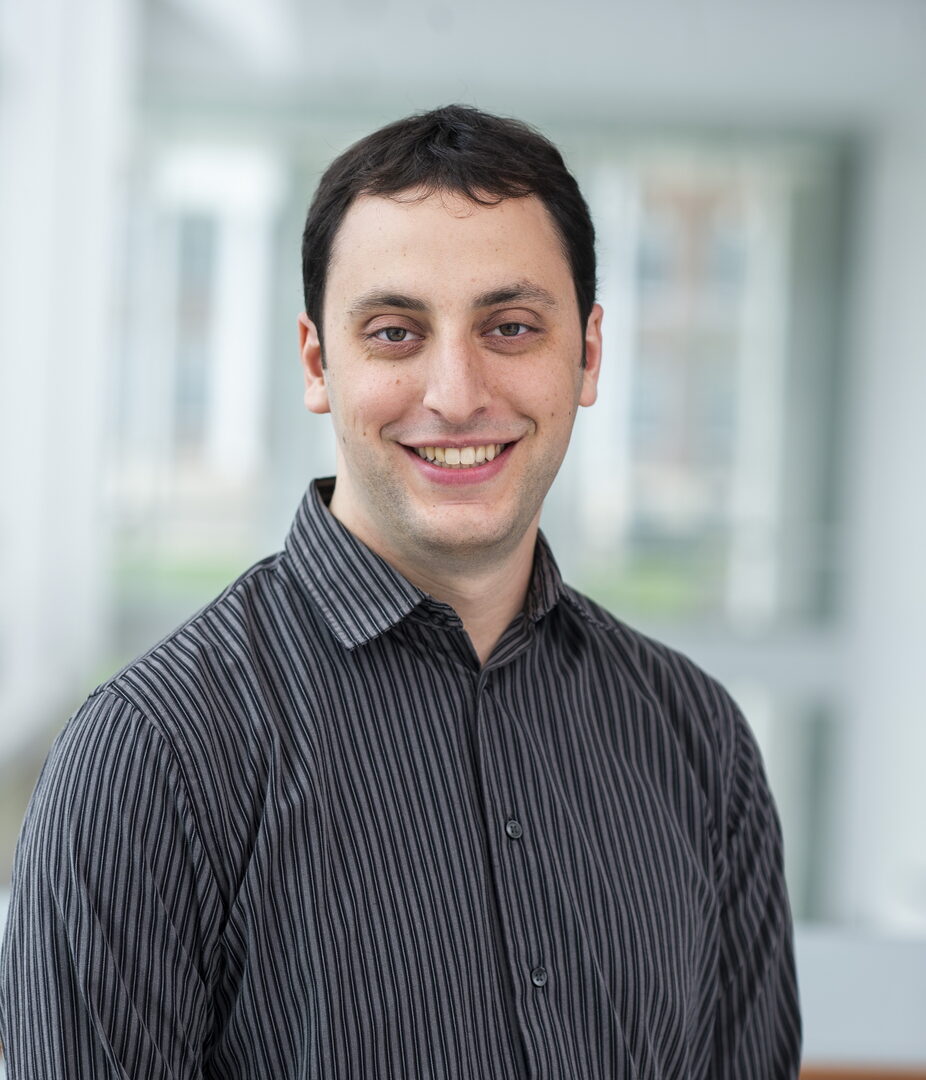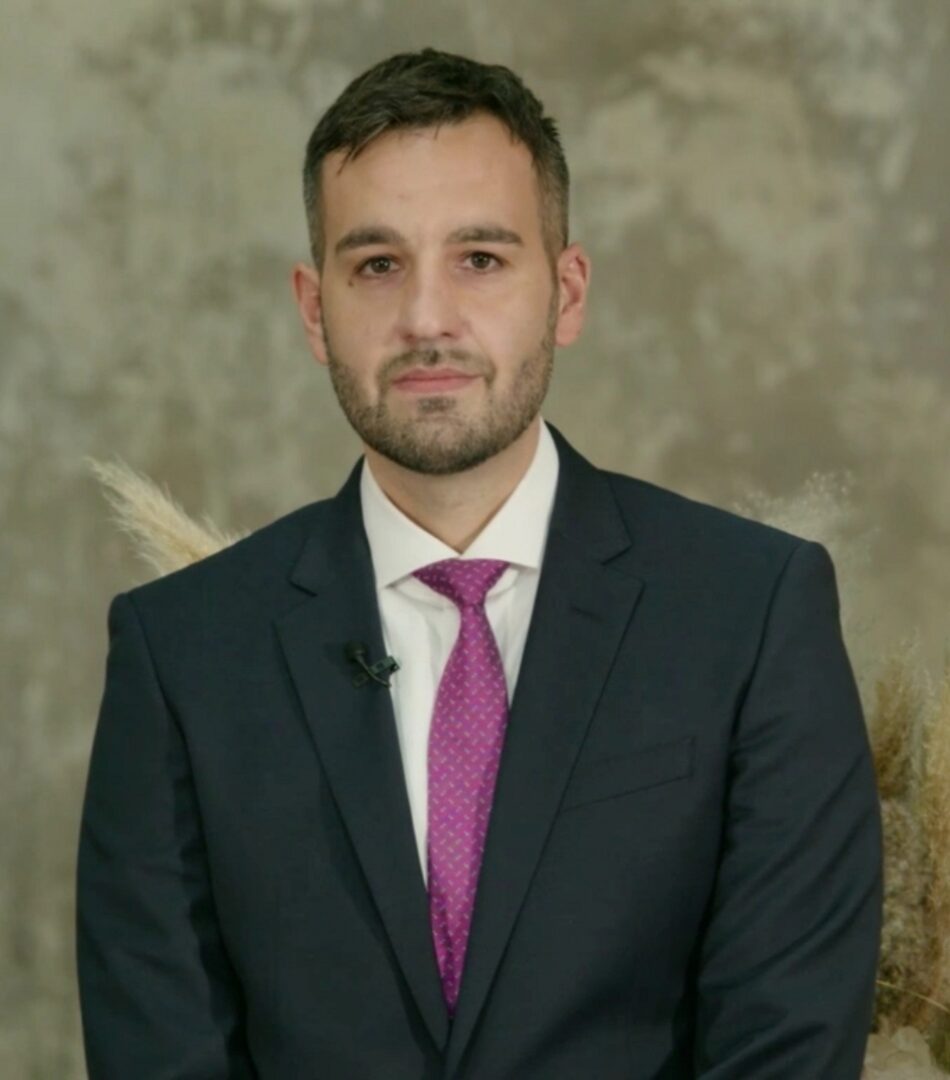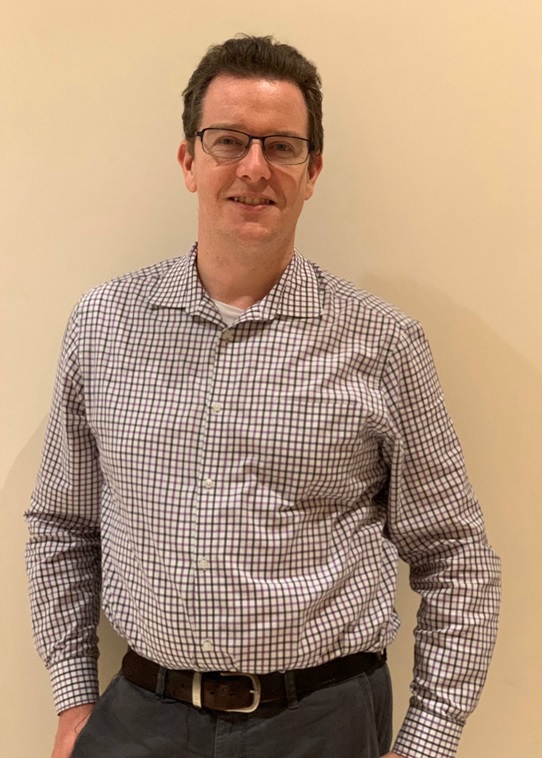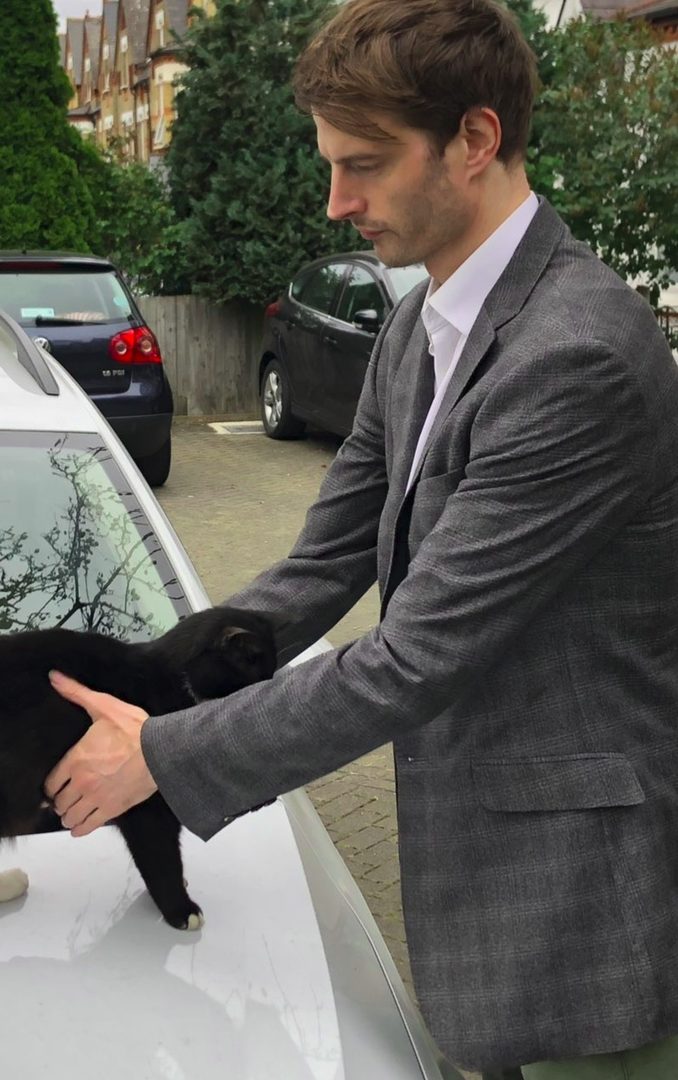Past Visitors
The following are the profiles of all previous visitors of the TSVP, including its predecessor, the "Visiting Mathematics Professor Program" (until 2020).
FY2023
| Name | Arrival | Departure | Field | Units of Interest | |
|---|---|---|---|---|---|
| THEMATIC PROGRAM Response Diversity and Ecosystem Stability |
2024/03/01 | 2024/03/28 | Ecology | Armitage, Pigolotti, Dieckmann, Ravasi, Economo, Husnik, Kondrashov, Sallan, Bandi, N. Luscombe, De Schutter, Doya, Froese, Fukai | TP |
| Paul Luis Roehl (University of Cambridge) |
2024/03/12 | 2024/07/31 | Theoretical High Energy Physics | Hikami, Neiman, Toriumi | A |
| Nick Dorey (University of Cambridge) |
2024/02/29 | 2024/07/14 | Theoretical High Energy Physics | Hikami, Neiman, Toriumi | VS |
| Masatoshi Kokubo | 2024/02/26 | 2024/03/08 | Constitutional Law, Neurolaw (Law and Neuroscience), Information Law | Doya, Tani | A |
| Izaak Neri (King's College London) |
2024/01/30 | 2024/04/25 |
Mathematics, Physics |
VS | |
| Bianca Dittrich | 2024/01/23 | 2024/03/15 | Physics | VS | |
| Robert Joynt | 2024/01/20 | 2024/02/20 | Physics, Quantum | Shannon, Busch, Munro, Nemoto, Okada | A |
| Travis Scrimshaw | 2024/01/15 | 2024/02/28 | Mathematics, Combinatorial Representation Theory | Liu, Speyer | DV |
| Sylvester Eriksson-Bique | 2024/01/08 | 2024/03/28 | Mathematics, Geometry and Analysis of Metric Spaces | Liu, Zhou | VS |
| Jana Björn (Linköping University) |
2024/01/08 | 2024/08/15 | Mathematics | VS | |
| Anders Björn (Linköping University) |
2024/01/08 | 2024/08/15 | Mathematics | VS | |
| Keiko Aoki | 2023/11/29 | 2024/02/27 | Material Science, Mathematics, Physics, Molecular dynamics simulation | Bandi, Chakraborty, Hikami, Husnik, Liu | DV |
| Raquel Fernandez | 2023/11/23 | 2023/12/03 | Computer Science, Computational Linguistics | Doya, Yamada | A |
| Rachel Wheatley | 2023/11/14 | 2024/01/30 | Life Sciences, Evolutionary Biology, Microbiology | VS | |
| Shinichi Aizawa | 2023/11/14 | 2024/02/22 | Biology, Physics, Bacterial flagella | Kusumi, Wolf | DV |
| Charles Fosseprez | 2023/10/01 | 2023/10/22 | Cybernetics, Collective behaviors, Protist Ethology | Armitage, Fukai, Husnik, Miller, Shen | DV |
| Lucy Lai | 2023/10/01 | 2024/01/22 | Computational Cognitive Neuroscience | Tripp, Doya | DV |
| Stefan Baeuml | 2023/10/01 | 2023/10/28 | Quantum | Elkouss, Munro | A |
| Paolo Piovano | 2023/08/04 | 2023/08/20 | Mathematics | Fried | A |
| Daniel Chourrout (University of Bergen) | 2023/08/03 | 2024/08/03 | Evolution, Marine Science | N. Luscombe (Host), Laudet | EVS |
| THEMATIC PROGRAM Exact Asymptotics: From Fluid Dynamics to Quantum Geometry |
2023/08/01 | 2023/10/28 | Mathematics, Physics | Toriumi, Hikami, Chakraborty, Fried, Gioia, Rosti, Touber, Abdulla, Liu | TP |
| Daniel Grumiller | 2023/07/04 | 2023/08/30 | Physics, Astrophysics | Neiman | VS |
| David Meyer | 2023/06/20 | 2023/07/27 | Mathematics, Physics | Höhn, Neiman, Toriumi, Yamada, Twamley, Nemoto | VS |
| Jonathan Kujawa | 2023/06/06 | 2023/06/20 | Mathematics | Speyer | A |
| Mahir Bilen Can | 2023/06/02 | 2023/08/29 | Algebraic Groups and Monoids, Real Alegbraic Geometry, Information Theory | Speyer | VS |
| Christophe Claramunt | 2023/04/10 | 2023/07/07 | Computer Science, Geographical Information Science | Yamada, Armitage | VS |
| Anatole Lecuyer | 2023/03/14 | 2023/05/28 | Computer Science, Virtual Reality, Brain-Computer Interfaces | Doya, Froese, Kuhn | VS |
FY2022
Visitors in Fiscal Year 2022 (April 2022 - March 2023).
The visitors' profiles can be found further down.
| Name | Arrival | Departure | Field | Units of Interest |
|---|---|---|---|---|
| Artur Tsobanjan | 2023/03/22 | 2023/08/15 | Physics | Höhn, Busch, Neiman, Toriumi, Twamley |
| Anatole Lecuyer | 2023/03/14 | 2023/05/28 | Computer Science, Virtual Reality, Brain-Computer Interfaces | Doya, Froese, Kuhn |
| Jochen Steil | 2023/03/03 | 2023/07/31 | Robotics | Tani, Fukai, Doya |
| Malgorzata Lagisz | 2023/03/02 | 2023/09/30 | Biology | Pigolotti - A |
| Shinichi Nakagawa | 2023/03/02 | 2023/10/31 | Biology | Pigolotti, Armitage, Froese |
| Leenoy Meshulam | 2023/02/05 | 2023/02/23 | Physics, Neuroscience | Reiter, Tanaka, Doya, Fukai, Miller, Pigolotti |
| Jeffrey Teo | 2023/01/26 | 2023/07/23 | Physics, Condensed Matter | Shannon, Okada |
| Timothy O'Leary | 2022/12/06 | 2023/02/28 | Neuroscience, Systems Theory and Control | Doya, De Schutter, Wickens |
| Guido Boffetta | 2022/12/02 | 2023/01/28 | Physics, Fluid Dynamics | Rosti, Chakraborty |
| Mark Wildon | 2022/10/04 | 2022/11/10 | Mathematics | Speyer |
| Kyoji Saito | 2022/09/11 | 2023/01/15 | Mathematics | Hikami, Speyer |
| Christian Rosenmund | 2022/09/02 | 2023/06/30 | Neuroscience | Goda (Host) - EVS |
| Leon Loveridge | 2022/08/15 | 2022/12/15 | Mathematics, Physics | Höhn |
| Takashi Ikegami | 2022/08/08 | 2022/12/04 | Neuroscience | Froese |
| Sebastiano Nicolussi Golo | 2022/08/05 | 2022/10/28 | Mathematics | Zhou |
| Merav Stern | 2022/07/18 | 2022/08/14 | Neural Networks Modeling | Fukunaga, Fukai, Doya |
| Kerstin Lenk | 2022/07/18 | 2022/08/18 | Neuroscience | De Schutter, Kuhn |
| Dana Ballard | 2022/06/22 | 2022/08/12 | Neuroscience | Tani, Froese, Fukai, Fukunaga, Uusisaari, Doya |
| Mog Stapleton | 2022/06/10 | 2023/03/31 | Cognitive Science | Froese |
| Robert Osburn | 2022/06/09 | 2022/09/01 | Mathematics | Speyer, Feichtner-Kozlov |
| Shiro Ikeda | 2022/05/09 | 2022/07/31 | Data Science | Doya, Fukai, Kuhn |
| Leenoy Meshulam | 2022/05/09 | 2022/07/31 | Physics, Neuroscience | Reiter, Tanaka, Doya, Fukai, Miller, Pigolotti |
| Chris Bowman | 2022/04/06 | 2022/05/02 | Mathematics | Speyer |
| Daniel Bulmash | 2022/03/21 | 2022/07/03 | Physics | Shannon, Okada |
| Yi-chao Chen | 2022/01/03 | 2022/12/30 | Solid Mechanics | Fried (Host) - DVS |
Jamie Kass
Office at OIST: Lab 5 EF03b
Jamie M. Kass is tenure-track Associate Professor and PI of the Macroecology Lab at the Graduate School of Life Sciences at Tohoku University. He is an ecologist who researches large-scale patterns and processes in biodiversity, focusing on the development and application of models that make predictions of species' ranges and biodiversity indices over space and time. The Macroecology Lab is a fully bilingual environment (Japanese and English) and currently has 16 members, including undergraduates, graduate students, and professors that together represent 7 countries. Dr. Kass spent 4 years at OIST as a postdoctoral researcher (2019-2023) working with Prof. Evan Economo in the Biodiversity and Biocomplexity Unit. He is originally from New York City, USA and has lived in Japan for ~6 years.
Sarah Butcher
Office at OIST: Lab 5 EF03f
Prof Sarah Butcher has over 30 years’ experience in cryoEM, structural biology and antiviral drug discovery, primarily in academia. Currently, she is Professor of Microbiology, in a joint position between the Faculty of Biological and Environmental Sciences and the HiLIFE Institute of Biotechnology, University of Helsinki, Finland where she focuses on the structure and function of neglected and emerging viruses. She gained her PhD for work done in EMBL, Heidelberg, Germany on the cryoEM structures of lipid-containing bacteriophage, carried out a postdoctoral fellowship in the MRC Virology Unit in Glasgow, UK establishing cryoEM, and then moved to Finland where she started the country’s first cryoEM unit in the late 1990s. She is an elected fellow of EMBO and the Finnish Society of Sciences and Letters. Currently, she leads the Finnish Instruct Centre and is Chair of the Instruct-ERIC Council, which coordinates access to structural cell biology infrastructure across Europe.
Raphael Winter
Office at OIST: Lab 5 EF03q
Raphael Winter is an assistant professor in Mathematical Analysis at Cardiff University. He mainly works on Partial Differential Equations describing the kinetic theory of gases and plasmas, as well as their derivation from interacting particle systems. Recent works include the stopping power law for ions, collisional relaxation of plasma and the regularity of the Landau-Coulomb equation.
Erich Bornberg-Bauer
Office at OIST: Lab 5 EF03p
Erich Bornberg-Bauer is currently a full professor of bioinformatics and molecular evolution at the University of Münster (Germany) and a guest scientist at the Max-Planck Institute in Tübingen. He has always been interested in how molecular structures arise during evolution and what the biophysical principles are which allow RNAs and proteins to adopt new structures to adapt to new fitness requirements. His group is currently working on many related aspects, both computationally and experimentally with a focus on trying to understand how "de novo" proteins, proteins which are newly encoded by previously non-coding pieces of DNA come into existence, why some prevail while most perish and how they assume different structure over time.
Joshua Goldberg
Office at OIST: Lab 5 EF03n
Dr. Joshua A. Goldberg is an associate professor of medical neurobiology at the Hebrew University of Jerusalem, Israel. His research focuses on the pathophysiology of movement disorders, most prominently Parkinson’s disease (PD). He combines advanced electrophysiology and imaging techniques both in vivo and in vitro with computational approaches to study how the physiology of neurons leads to their vulnerability in early statges of PD and how brain networks dynamics adapt to PD. He is a past recepient of a European Research Council (ERC) Consolidator grant and a Human Frontier Science Program (HFSP) grant with Dr. Jeff Wickens, OIST. Personal Website
TSVP Talk: "What They Didn’t Tell Us in Computational Neuroscience 101" by Joshua Goldberg | Thursday, July 11, 2024 - 15:00
Sergii Strelchuk
Office at OIST: Lab 5 EF03d
Sergii Strelchuk is an Associate Professor at the Department of Computer Science and co-Director of Warwick Quantum Centre at the University of Warwick. He is particularly interested in Classical Simulation for Quantum Computations, Quantum Algorithms, Quantum Complexity, Quantum Learning theory and topics in Quantum Information Theory.
Pedro Lopes
Office at OIST: Lab 5 EF03g
Pedro Lopes is an Associate Professor in Computer Science at the University of Chicago. Pedro focuses on integrating interfaces with the human body—exploring the interface paradigm that supersedes wearables. These include: muscle stimulation wearables that allow users to manipulate tools they have never seen before or that accelerate reaction time, or a device that leverages the smell to create an illusion of temperature. All these examples leverage computers to augment the user’s body, not just cognitively, but also physically (e.g., our wearable that accelerates one’s reaction time made it to the Guinness Book of World Records). Pedro’s work has received several academic awards, such as seven CHI/UIST Best Papers, the Sloan Fellowship and the NSF CAREER award, and captured the interest of the public (e.g., New York Times, exhibited at Ars Electronica, etc.; more: https://lab.plopes.org).
TSVP Talk: "Integrating Interactive Devices With the User's Body" by Pedro Lopes | Monday, June 24, 2024 - 11:00
Hirokazu Shirado
Office at OIST: Lab 5 EF03l
Hirokazu Shirado is an Assistant Professor of the Human-Computer Interaction Institute in the School of Computer Science at Carnegie Mellon University in Pittsburgh, USA. His research focuses on the role of social interactions and technology in the emergence of social order and in the collective confrontation of social dilemmas. He is particularly interested in studying hybrid systems of humans and machines, particularly how artificial intelligence can help people address the challenges of collective action. He has received the NSF CAREER Award and the ASA Outstanding Paper Award for his work.
TSVP Talk: "Social Dynamics of Human-AI Hybrids" by Hirokazu Shirado | Monday, June 24, 2024 - 14:30
Han Zhao
Office at OIST: Lab 5 EF03e
Han Zhao is an Assistant Professor of Computer Science at the University of Illinois Urbana-Champaign (UIUC). He is also an Amazon Visiting Academic at Amazon Stores Foundational AI. He earned his Ph.D. degree from Carnegie Mellon University. His research interest is centered around trustworthy machine learning, with a focus on algorithmic fairness, robust generalization under distribution shifts and multi-task learning. His long-term goal is to build trustworthy ML systems that are efficient, robust, fair, private, and interpretable. Personal website, Google scholar
Srikanth Ramaswamy
Office at OIST: Lab 5 EF03o
Dr. Srikanth Ramaswamy, is a Marie Curie Fellow, a Lister Prize Fellow and an Assistant Professor in computational neuroscience at Newcastle University. He is also a Fulbright Scholar at MIT and a Theoretical Sciences Visiting Scholar at OIST. He directs the Neural Circuits Laboratory at Newcastle University. His research focuses on the role of neuromodulators in shaping cognition in biological neural networks and building biologically-informed neural network models. He is a founding scientist of the Blue Brain Project at Ecole Polytechnique Federale De Lausanne (EPFL). He earned his PhD at the EPFL in computational neuroscience, where he developed data-driven modelling frameworks for biologically detailed digital models of neural networks. As a scientist of colour, Dr. Ramaswamy is passionately committed to promoting diversity, equity, and inclusion and is a founding member of the ALBA network, where he leads efforts to advance DEI in neuroscience, including launching the ALBA diversity podcast series in late 2020, highlighting the stories of emerging neuroscientists from underrepresented backgrounds.
Florian Yger
Office at OIST: Lab 5 EF03m
Florian Yger is an associate professor at Université Paris-Dauphine since 2015, teaching Data Analysis and Machine Learning in the department MIDO. Within the LAMSADE, he is part of the team MILES which focuses on trustworthy Machine Learning and Explainable AI. From 2014 to 2015, he was a JSPS postdoctoral fellow in the laboratory of Prof. Sugiyama at Tokyo University. He received his PhD in Computer science from LITIS, Université de Rouen under the supervision of Alain Rakotomamonjy in 2013. He contributes to the problem of representation learning with a particular interest in the representation of structured data (graphs, covariance matrices,…) and the development of learning algorithm for non-Euclidean spaces. This work has many applications ranging from signal processing (EEG signals and Brain Computer Interface) and to image processing (Paintings for art style recognition). More recently, within MILES teams, he addresses the questions of trust, explainability and interpretability in machine learning models with a focus counterfactual reasoning on data. He recently started studying the interplay between computational social choice and machine learning in the context of voter’s opinion aggregation. He is a visiting researcher at RIKEN AIP, Japan since 2017, is a member of the Prairie (PaRis Artificial Intelligence Research InstitutE) where he holds a junior chair, and an Affiliate of the Theoretical Sciences Visiting Program (TSVP) at OIST.
Louise Hespel
Office at OIST: Lab 5 EF03m
Louise Hespel is an associate professor in the PBS laboratory (Polymers, Biopolymers, Surfaces Laboratory) at University of Rouen since 2017, more specifically teaching general chemistry, polymer chemistry and modification post-polymerization in the chemistry department. She is part of the team MPBM (Materials polymers Barrier and Membranes) which focuses on the elaboration of various polymeric membranes and the study of the diffusion mechanisms of molecules through membranes.
She received her PhD in macromolecular chemistry from INSA (National Institute of Applied Sciences) of Rouen, under the supervision of Pr. Laurence Lecamp in 2013. During her PhD, she synthesized new amphiphilic stimuli-sensitive copolymers from linseed oil and studied the copolymers capacity to form micelles in aqueous media at different conditions of pH and temperature. This work has many applications in drug delivery.
From 2014 to 2015, she was a JSPS postdoctoral fellow in the laboratory of Prof. Kataoka in University of Tokyo where she developed new micelles with pH-detachable PEG-corona. In 2016, she joined ENS (Paris, Ulm) to work with Dr. Emmanuelle Marie and Dr. Christophe Tribet to synthesize a polymer adlayer able to trigger the adhesion and the deadhesion of cells. In PBS laboratory, her research focuses on the modification of polymeric membranes in order to bring specific properties like stimuli-sensitive properties.
TSVP Talk: "How To Tame Your Membrane?" by Louise Hespel | Thursday, June 20, 2024 - 15:00
Jana Björn
Office at OIST: Lab 5 EF03g
Jana Björn is a Professor of Mathematics at Linköping University, Sweden, where she also received her PhD in 1996. She was a postdoc at University of Michigan, Ann Arbor, and then at Lund University. She has also spent longer research periods at Charles University in Prague, University of Cincinnati and the Mittag-Leffler Institute in Stockholm. Her research is in analysis on metric spaces, mainly in collaboration with Anders Björn. In particular, she is interested in p-harmonic functions, partial differential equations and various minimization problems. She studies various solving methods and properties of the solutions, such as their interior and boundary regularity and growth estimates. This is research in pure mathematics and its aim is to provide rigorous fundamentals for and a better understanding of some problems, which could come from natural sciences and other fields. Analysis on metric spaces makes it possible to study such questions simultaneously in many different settings, for example on very rough sets and for highly nonhomogeneous media. It also brings new insight into which properties and assumptions are really essential for the theory and which are the main obstructions. A popular-scientific description of Jana's research is at this website.
Anders Björn
Office at OIST: Lab 5 EF03r
Anders Björn is a Professor of Mathematics at Linköping University, Sweden, where he also received his PhD in 1995. He was a postdoc at University of Michigan, Ann Arbor, and has later spent longer research periods at Charles University in Prague, University of Cincinnati and the Mittag-Leffler Institute in Stockholm. His research is in analysis on metric spaces, mainly in collaboration with Jana Björn. In particular, he is interested in p-harmonic functions, partial differential equations and various minimization problems. He studies various solving methods and properties of the solutions, such as their interior and boundary regularity and growth estimates. This is research in pure mathematics and its aim is to provide rigorous fundamentals for and a better understanding of some problems, which could come from natural sciences and other fields. Analysis on metric spaces makes it possible to study such questions simultaneously in many different settings, for example on very rough sets and for highly nonhomogeneous media. It also brings new insight into which properties and assumptions are really essential for the theory and which are the main obstructions. A popular-scientific description of Anders's research is at this website.
Daniel Chourrout
Office at OIST: Lab 5 EF03t
Daniel Chourrout has established the Sars International Centre for Marine Molecular Biology in 1997 and been its director until 2020. This institute is a Partner of EMBL, the European Molecular Biology Laboratory since 2023. His own research is focused on the evolution of chordate development, using tunicates as model systems. Before moving to Norway, Daniel Chourrout was heading the Laboratory of Fish Genetics at INRA (French Institute of Research for Agriculture). His training is in Genetics from the University Pierre et Marie Curie in Paris.
Nick Dorey
Office at OIST: Lab 5 EF03q
Nick Dorey received his PhD from Edinburgh University in 1991 and then held postdoctoral and junior faculty positions at Los Alamos National Laboratory, University of Washington and Swansea University. He has been a Professor of Theoretical Physics at the University of Cambridge since 2007. He is currently visiting OIST as a TSVP Visiting Scholar.
Izaak Neri
Office at OIST: Lab 5 EF03l
Izaak is a Senior Lecturer in Disordered Systems within the Mathematics Department at King’s College London. Izaak engages in two research domains. Firstly, he develops mathematical techniques for analysing complex systems, such as, neural networks, ecosystems, and complex fluids, with a specific focus on understanding the role of network structure and heterogeneity in their dynamics. In this context, he extends methods used for studying systems with all-to-all interactions to those within networked systems. Secondly, Izaak uses stochastic processes to explore nonequilibrium fluctuations in small systems, such as molecular motors, or decision-making processes in noisy environments.
Sylvester Eriksson-Bique
Office at OIST: Lab 5 EF03n
I am primarily interested in geometric problems which arise in the context of "rough" spaces: embedding problems of metric spaces, the structure of boundaries of hyperbolic groups, the geometry of fractal spaces arising from dynamics, or fractal properties of sub-Riemannian geometries. Since many of these concepts are related to "quasisymmetric mappings", I would describe these questions as being part of the "quasiworld". Especially embedding questions are not only of theoretical interest. They arise naturally in data analysis and the analysis of certain relaxation methods to solve optimization problems. Further, these questions have profound connections to the analysis on such rough spaces and concepts that come from first order analysis of metric spaces. Indeed, these notions can obstruct embeddings, prevent certain geometries from existing, or reveal subtle geometric facts about dynamical systems. Their study also leads to natural invariants that can be used to classify and distinguish spaces from each other. Especially recently, I have come to see that the study of Analysis on Metric spaces can lead to answering some difficult open problems related to geometric group theory. However, an obstacle to making progress in this direction is that many fundamental notions in Analysis on metric spaces remain poorly understood. It is there, that I strive to develop new techniques, concepts and results, that help us answer these open problems. Personal Website
Shinichi Aizawa
Office at OIST: Lab 5 EF03q
Shinichi Aizawa is Professor Emeritus at the Prefectural University of Hiroshima currently visiting OIST through the Visiting Program (TSVP). He is considered one of the world’s foremost experts in the structure and function of bacterial flagella. His contributions to solving flagellar polymorphism are very highly regarded, and his book “The Flagellar World” has become a standard textbook in the field. After studying at Tohoku and Nagoya Universities in Japan, he spent several years as a Postdoc at Yale University. His long career in academia included positions at Research & Development Corporation of Japan (now JST) in Tsukuba, Teikyo University, University of Hawaii, Flinders University in Australia, and Martin-Luther University Halle in Germany.
[Seminar] "Two Mysteries of the Bacterial Flagellum" by Shinichi Aizawa, in L5D23
Bianca Dittrich
Office at OIST: Lab 5 EF03o
Bianca Dittrich is a senior research faculty at Perimeter Institute for Theoretical Physics in Waterloo, Canada. Her research focusses on quantum gravity, here in particular on non-perturbative approaches. Her research intersects with a number of other topics in theoretical and mathematical physics, e.g. topological quantum field theories, tensor networks, real time path integrals.
Bianca Dittrich completed her PhD at the Max Planck Institute for Gravitational Physics in 2005 and postdocs at Perimeter Institute (2005-08) and Utrecht University (2008/09). She then became a Max Planck research group leader at the MPI for Gravitational Physics and joined Perimeter Institute as faculty researcher in 2012. Personal Website
Robert Joynt
Office at OIST: Lab 5 EF03f
Robert Joynt received his Ph.D. from the University of Maryland in 1982 and was a postdoctoral fellow at the Cavendish Laboratory of the University of Cambridge and the Institute for Theoretical Physics at ETH-Zurich. He was Professor of Physics at the University of Wisconsin-Madison from 1986 to 2023 and is now Emeritus Professor. He served as Department Chair and was the Founding Director of the MSc in Physics-Quantum Computing. He is Senior Fellow at the Kavli Institute for Theoretical Sciences in Beijing. His research has ranged from the quantum Hall effect to high-Tc superconductivity to neutron stars to quantum computing.
Lucy Lai
Office at OIST: Lab 5 EF03m
Lucy Lai is a final-year neuroscience Ph.D. student at Harvard, advised by Sam Gershman. Her research applies information theory and reinforcement learning towards understanding how humans learn and make decisions under cognitive resource constraints. In particular, she has developed a resource-rational model of action selection to characterize decision-making in healthy and clinical populations. A restless researcher at heart, she has spent time at Baylor College of Medicine, MIT, Janelia Research Campus, and UCL. At OIST, she will be collaborating with the Tripp and Doya Units to develop computational models of reward learning in children with ADHD. In addition to research, Lucy is also passionate about education and mentoring: she has developed and taught many courses, including Math Tools for Neuroscience and How Music Plays the Brain, and served as a Resident Tutor at Quincy House, where she lived with and advised Harvard undergraduate students. Personal Website
Travis Scrimshaw
Office at OIST: Lab 5 EF03e
Travis Scrimshaw is an assistant professor at Hokkaido University whose research focuses on combinatorial aspects of representation theory, integrable systems, and stochastic processes. He is an active developer of the open-source mathematical software SageMath. He received his PhD in 2015 at the University of California, Davis under the supervision of Anne Schilling. Afterwards, he did postdocs at the University of Minnesota, the University of Queensland, and Osaka Metropolitan University (JSPS postdoc). Personal Website
Rachel Wheatley
Office at OIST: Lab 5 EF03l
Rachel is an evolutionary microbiologist interested in antimicrobial resistance evolution, interactions in the microbiome, pathogen evolution during infections, and bacterial defence systems such as CRISPR-Cas. Rachel is a Fellow in Biology at the University of Oxford (Magdalen College), and taking up a tenure-track position at Queen's University Belfast in 2024. She is particularly interested in the interface between antibiotic resistance evolution and success in the microbiome. Prior to her current position, she spent time at the Wissenschaftskolleg zu Berlin (Institute for Advanced Study) and as a postdoc in the lab of Professor Craig MacLean. Outside of science, she enjoys judo, boxing, and running! Personal Website
TSVP Talk "Ecology and Evolution of Antibiotic Resistance in Bacterial Pathogens" by Rachel Wheatley
Raquel Fernández
Office at OIST: Lab 5 EF03n
Raquel Fernández is Professor of Computational Linguistics and Dialogue Systems at the Institute for Logic, Language and Computation, University of Amsterdam. She received her PhD from King's College London and before moving to Amsterdam held research positions at Stanford University and the University of Potsdam. She is currently the recipient of a European Research Council (ERC) Consolidator Grant. Raquel’s interests revolve around language use in interaction, conversational AI, language variability and change, and visually grounded language. Her research lab carries out work on these topics at the interface of cognitive science and artificial intelligence. Personal Website
TSVP Talk "Language Use in Humans and Machines" by Raquel Fernandez
Keiko Aoki
Office at OIST: Lab 5 EF03p
Keiko Aoki is an independent researcher based in Tokyo. Her main research field is condensed matter physics, and her main tool for research is molecular/particle dynamics simulation.
Since anisotropically fluctuating systems, such as liquid crystals and soft matter could not be properly treated by conventional molecular dynamics (MD) methods, we have developed a set of simulation methods which are called stress control methods. Stress control MD methods guarantee the system to be under hydrostatic pressure (or other condition) even in non-equilibrium processes. Time evolution under constant surface tension can be investigated by one of the stress control methods as well. This is in contrast to conventional MD methods, where only ensemble average can be controlled. The method is effective to investigate self-organization of soft matter, as well as glassy metastable states. ORCID ID
Charles Fosseprez
Office at OIST: Lab 5 EF03r
Deep into the micro-world, I've been captivated by the complexity of microbial communities. My scientific journey is rooted in the exploration of collective evolution within living systems. Biochemistry, Microbiology and Cybernetics are my focal points, and I'm eager to share the marvels of this field with a broader audience. My approach is decidedly interdisciplinary, with a global footprint spanning diverse subjects. From unraveling the geometric symphony of embryo organization to delving into the fabrication of nanorobots for information processing, my pursuits have been wide-ranging. I've navigated through startups and ventured into the realm of art, guided by a persistent curiosity about constraints and compartments in biological systems. Philosophical contemplation is woven into my scientific exploration, yet I maintain a practical mindset as I am an Engineer with an eye on real-world applications.
Stefan Baeuml
Office at OIST: Lab 5 EF03n
Stefan Baeuml obtained his Ph.D. at the University of Bristol in the United Kingdom, under the supervision of Andreas Winter. His Ph.D. thesis focused on quantum repeaters and bound entanglement. He then moved to the group of Bill Munro at NTT Basic Research Labs in Japan as a postdoc, focusing on upper bounds on key rates achievable in general quantum network scenarios. After continuing his work on quantum networks in the group of Stephanie Wehner and David Elkouss at Delft University of Technology in the Netherlands, he moved to the group of Antonio Acin at the Institute of Photonic Sciences (ICFO) in Barcelona, Spain. His current research is focused on security proofs for discrete modulated continuous variable quantum key distribution.
[Seminar] Security of Discrete-Modulated Continuous-Variable Quantum Key Distribution
Daniel Grumiller
Visit from 2023/07/04 - 2023/08/30
Daniel Grumiller is professor at the Institute for Theoretical Physics at TU Wien in Vienna, Austria. He is head of the black holes research group since 2009, after returning to his alma mater from postdoc positions with Roman Jackiw at MIT and Dmitri Vassilevich at Leipzig University. His research focus is on black holes and the holographic principle. For details of his research, see his home page.
TSVP Talk: "Black Holes and the Holographic Principle" by Daniel Grumiller on July 20th at 3pm in L4E48
Office at OIST: Lab 5 EF03r
Mahir Bilen Can
Visit from 2023/06/02 - 2023/09/29
Mahir Bilen Can is a Professor of Mathematics at Tulane University in New Orleans. His research interests include algebraic (semi)group theory, real algebraic geometry, representation theory as well as information theory. He has a particular interest in the application of algebraic geometry to the theory of error-correcting codes. In his recent work, he has developed a theory of quantum error-correcting codes that can handle biased information channels. Personal Website
TSVP Talk: "Quantum Error Correction via Poset Metrics" by Mahir Bilen Can on June 29th at 3pm in L4E48
Office at OIST: Lab 5 EF03q
Paolo Piovano
Visit from 2023/08/04 - 2023/08/20
Paolo Piovano is a Tenure Track Assistant Professor at the Polytechnic University of Milan whose research is devoted to the mathematical modeling of phenomena with applications to materials science and more recently, bioengineering. The focus is on the characterization of the optimal shapes and instabilities of crystalline and biological interfaces by means of variational methods in the framework of continuum and molecular mechanics. He received his PhD at Carnegie Mellon University, USA, and after a Post Doc at the Italian National Research Council, he was University Assistant and then Project Group Leader at the University of Vienna, where he is currently Senior Researcher. He is also Secretary and Treasurer of the “International Society for the Interaction of Mechanics and Mathematics” (ISIMM). Personal Website
TSVP Talk: "Analytical Validation of Variational Models for Epitaxially Strained Thin Films: A Review" on August 10 (Thursday), 2023 at 3pm in L4E48.
Office at OIST: Lab 5 EF03p
David Meyer
Visit from 2023/06/20 - 2023/07/27
David Meyer is Professor of Mathematics at the University of California, San Diego, having arrived there as a postdoc with Brosl Hasslacher in the Physics Department, after postdoctoral positions with Gerard ‘t Hooft at Duke University and in the Relativity Group at Syracuse University. His research interests include quantum gravity (specifically the causal set program), quantum information and computation (quantum lattice gas automata, algorithms, quantum games, topological error correcting codes, measures of entanglement), knot theory, discrete models for fluid dynamics, and data analysis problems from the social sciences (voting, networks, time series, spatial data, rankings). He completed his PhD in Mathematics at MIT, supervised by Rafael Sorkin and Daniel Freedman. Prior to that he spent a year at Cambridge University as a Churchill Scholar after completing his undergraduate and master’s degrees at the Johns Hopkins University. Personal Website
TSVP Talk: "Quantum Data Science?" by David Meyer on July 6th at 3pm in L4E48
Office at OIST: Lab 5 EF03p
Christophe Claramunt
Visit from 2023/04/10 - 2023/07/07
Christophe Claramunt is a professor of computer science at the Arts et Métiers Institute of Technology and deputy director of the Interdisciplinary Graduate School in Marine Science and Engineering (ISBlue) in Northwest France. His interests are in theoretical and multidisciplinary aspects of geographical information science, and their application to urban, environmental, and maritime contexts. He is currently working on the development of spatio-temporal conceptual models and their logical and computational implementations. Personal Website
TSVP Talk: "People, Environments, Sensors: Cyber Opportunities for Exploring Human Mobilities"on May 18 (Thursday), 2023 at 3pm in L4E48.
Lecture Course: Big Geographical Data: a digital revolution for transportation studies
Office at OIST: Lab 5 EF03k
Anatole Lécuyer
Visit from 2023/03/14 - 2023/05/28
Anatole Lécuyer is Research Director and Head of Hybrid Team at Inria, the French National Institute for Research in Digital Science and Technology, in Rennes, France. He has been leading a research activity on "Virtual Reality" for the past 25 years. He initiated and still leads the OpenViBE open-source software for brain-computer interfaces. His research interests are in virtual/augmented reality, haptic interaction, 3D user interfaces, and brain-computer interfaces. Anatole Lécuyer obtained the IEEE VGTC Technical Achievement Award in Virtual/Augmented Reality in 2019, and was inducted in the IEEE Virtual Reality Academy in 2022.
TSVP Talk: As part of the Virtual Reality Seminar on April 21 (Friday), 2023 at 5:30pm in B250.
Office at OIST: Lab 5 EF03q
FY2022: First year of the TSVP
Artur Tsobanjan
Visit from 2023/03/23 - 2023/08/15
Artur Tsobanjan is a theoretical physicist who explores foundational issues in quantum theory raised by attempts to quantize gravity. He is particularly interested in finding ways to consistently incorporate the dynamical nature of time in general relativity within a quantum mechanical framework. Artur Tsobanjan received his PhD from the Pennsylvania State University in 2011. He is currently an associate professor at King’s College, Pennsylvania, USA. Google Scholar
TSVP Talk: "From Gravity to Quantum Clocks (And Rulers!)" on April 27 (Thursday), 2023 at 3pm in L4E48.
Office at OIST: Lab 5 EF03o
Malgorzata Lagisz
Visit from 2023/03/02 - 2023/10/31
Malgorzata Lagisz is a biologist with research experience and skills in different fields of science. She often ventures outside biological topics and data, such as biomedical, environmental, conservation, or even social sciences. In her research, she uses research synthesis methods, such as systematic reviews/maps and meta-analyses.
Career Talk: "Systematic Reviews for Beginners" by Malgorzata Lagisz on September 26, 2023
Shinichi Nakagawa
Visit from 2023/03/02 - 2023/10/31
Shinichi is originally from Japan but has studied and worked in New Zealand, UK, Germany and Australia. He is currently a Professor of Evolutionary Ecology and Synthesis at the University of New South Wales (UNSW, Sydney). His work revolves around understanding individual variation and its maintenance of it. Yet, his work is interdisciplinary with publications in (bio)medicine, psychology, ecology, evolutionary biology, education, environmental sciences, statistics and neurosciences. For more info, please visit his webpage and check this recent article in Current Biology.
TSVP Talk: "Meta Research & Meta-Analysis in Ecology & Evolution" on March 16 (Thursday), 2023 at 4pm in L4E48.
Career Talk: "How to write a lot and well" on September 27, 2023
Office at OIST: Lab 5 EF03n
Jochen Steil
Visit from 2023/03/03 - 2023/07/31
Jochen Steil is a Professor of Robotics at the Technische Universität Braunschweig, Germany. He has a background in neural networks and AI with applications in robot learning and coordinated large scale European projects in robotics and robot learning including H2020 CogIMon (Cognitive Compliant Motion in Interaction). His research interests reach from recurrent neural networks over robot learning and human-machine interaction to applications for flexible production and the future of work in the digital society. Personal Website
TSVP Talk: "Robot Learning: Where Science Meets Fiction" on April 13 (Thursday), 2023 at 3pm in B250.
Career Talk
Office at OIST: Lab 5 EF03m
Jeffrey Teo
Visit from 2023/01/26 - 2023/07/23
Jeffrey Teo is a theoretical physicist specializing in topological phases of electronic condensed matter. This includes topological (crystalline) insulators and superconductors, integer and fractional quantum Hall states, and spin liquids. In particular, he focuses on the emergence of exotic quasiparticles and topological defects that exhibit fractional behaviors, such as electric charge and statistics. Jeffrey Teo completed his Ph.D. at the University of Pennsylvania. He was a Simons postdoctoral fellow at the University of Illinois, Urbana-Champaign. He is now an Associate Professor at the University of Virginia. Personal Website
TSVP Talk: "Topological Phases and Universal Fractional Quasiparticles" on February 19 (Friday), 2023 at 4pm in L4E48.
Office at OIST: Lab 5 EF03l
Mog Stapleton
Visit from 2022/06/10 - 2023/03/31
Mog Stapleton is a researcher at East China Normal University. Her background is in cognitive science and philosophy (with master's degrees in both). She received her PhD from the University of Edinburgh in 2012. Her research focuses on embodied, embedded, enactive, and extended (so-called "4E") approaches and on the importance of affect for cognitive science. She is co-editor-in-chief of the journal Cognitive Systems Research. Google Scholar
TSVP Talk: "A Body-First Approach to Cognitive Science" on November 24, 2022 at 4pm in L4E48
Office at OIST: L4F22d
Timothy O'Leary
Visit from 2022/12/06 - 2023/03/12
Timothy O’Leary is Professor of Information Engineering and Neuroscience at the University of Cambridge. His research uses concepts and methods from systems theory and control engineering to understand the brain at the cellular and network level. He trained in pure mathematics and obtained his PhD in biophysics and physiology at the University of Edinburgh. He then worked with Eve Marder as Swartz Theoretical Neuroscience Fellow in Brandeis University before starting his group in Cambridge in 2016. Google Scholar
TSVP Talk: "Feedback Control and Variability in the Nervous System" on January 12, 2023 at 4pm in L4E48
Mini Course: Control and Computation in Living Systems | OIST Groups
Office at OIST: L4E25j
Guido Boffetta
Visit from 2022/12/02 - 2023/01/28
Guido Boffetta is professor of theoretical physics of matter at the University of Torino (Italy). He works in fluid dynamics, in particular turbulence, turbulent convection and mixing. He is fellow of the European Mechanics Society and associate editor of Physical Review Fluids (APS). Personal Homepage
TSVP Talk: "Time Irreversibility in Turbulence" on December 15, 2022 at 4pm in L4E48
Office at OIST: L4F22d
Kyoji Saito
Visit from 2022/09/11 - 2023/01/15
Kyoji Saito is a Senior Scientist at the Institute for Physics and Mathematics of the Universe at the University of Tokyo, and a Professor Emeritus at the Research Institute for Mathematical Sciences of Kyoto University. His research area covers complex algebraic geometry, representation theory and mathematical physics. In particular, the theory of primitive forms, which he has developed, plays the role of mirror symmetry between complex geometry and mathematical physics. Inspired by these facts, he is now developing a new type infinite dimensional Lie theory, including elliptic Lie algebras and their representations. Personal Homepage
TSVP Talk: "Platon's Symmetry" on October 6, 2022 at 4pm in L4E48
Office at OIST: L4E13
Leon Loveridge
Visit from 2022/08/15 - 2022/12/15
Leon Loveridge is an associate professor at the University of South-Eastern Norway. His research interests are in the mathematical foundations of quantum mechanics, where he aims to understand the physical content of the theory through the lens of mathematics. Recent work is largely focused on quantum reference frames and general probabilistic theories. He has side interests in pure mathematics (mostly functional analysis and operator theory), and the history and philosophy of science, particularly quantum theory. Personal Homepage
TSVP Talk: What Is Quantum Mechanics About? on September 15, 2022 at 4pm in L4E48
Office at OIST: L4E25j
Takashi Ikegami
Visit from 2022/08/08 - 2022/12/19
Takashi Ikegami is a Professor at the Department of General Systems, Graduate School of Arts and Sciences of the University of Tokyo. He works in the area of artificial life research. His simulation and experimental research interests include open-ended evolution in artificial life models, experiments with self-moving droplets, large-scale Boids models, and new theories of collective intelligence. He also conducts experiments on consciousness using an android (ALTER-3). At the same time, he has presented performance art (Kugutsu Kagura2020) with ALTER-3 and VR (SnowCrash at WhiteHouse 2021, Reverse Destiny Bridge at AICHI2022). Personal Homepage
TSVP Talk: "Collective Intelligence in Living/Nonliving Systems" on September 29, 2022 at 4pm in L4E48
Mark Wildon
Visit from 2022/10/04 - 2022/11/10
Mark Wildon is a professor of mathematics at Royal Holloway, University of London, visiting the University of Bristol in 2021–22. His interests are in algebraic combinatorics and representation theory, especially the representation theory of the symmetric groups and related algebras. Personal Homapage
TSVP Talk: "Primes, Partitions and Power Series" on October 20, 2022 at 4pm
Office at OIST: L4F22d
Sebastiano Nicolussi Golo
Visit from 2022/08/05 - 2022/10/31
Sebastiano Nicolussi Golo is a postdoc in mathematics at the University of Jyväskylä in Finland (EU). He works on the interface between metric analysis and Lie group theory. He has worked in sub-Riemannian geometry and later he expanded his interests to geometric measure theory on Lie groups equipped with non-Riemannian distances. He completed his Ph.D. from the University of Jyväskylä in 2017. Personal Homepage
TSVP Talk: "Sub-Riemannian Geometry Is Everywhere!" on September 9, 2022 at 10:40am
Office at OIST: L4E25j
Robert Osburn
Visit from 2022/06/09 - 2022/09/01
Robert Osburn is an associate professor at University College Dublin. He completed his Ph.D. from Louisiana State University in 2001 in the fields of algebraic K-theory and number theory. His recent work has focused on special functions, modular forms, combinatorics and quantum knot invariants. Personal Homepage
TSVP Talk: "Knots and Modularity" on July 7, 2022 at 4pm
Merav Stern
Visit from 2022/07/18 - 2022/08/14
Merav Stern is a theoretical neuroscientist. Her research unveils the relationships between neural activity and connectivity, in both biological and artificial neural networks by improving the tools for studying non-linear dynamical system. She completed her PhD with honors at the Interdisciplinary Center for Neural Computation at Hebrew University while collaborating with Columbia University’s Center for Theoretical Neuroscience. She won the Zuckerman leadership scholarship and worked at the Swartz Theory Center at the University of Washington. She is currently a postdoc at the Hebrew University, collaborating with the University of Oregon. Personal Homepage
TSVP Talk: "Modeling Networks Reveals How Neural Connectivity Transforms Space Into Time" on August 9, 2022 at 10am
Kerstin Lenk
Visit from 2022/07/18 - 2022/08/18
Kerstin Lenk is an assistant professor of Computational Neuroscience at the Graz University of Technology in Austria. She has received a PhD in Computer Science from the Clausthal University of Technology in Germany. Her group focuses on the development of computational single-cell astrocyte and neuron-astrocyte network models in healthy conditions and pathologies like epilepsy and schizophrenia. Personal Homepage
TSVP Talk: "Modeling Neuron-Astrocyte Interactions in the Brain" on August 4, 2022 at 4pm
Career Talk: Academic Careers in Europe
Dana Ballard
Visit from 2022/06/23 - 2022/08/19
Dana Ballard is a professor of Computer Science. His focus is on reverse engineering the brain where models of the brain are motivated by the technical problems the Brain’s circuits solve. These modules combine data from Neuroscience and Psychology as well Computer Science. Personal Homepage
TSVP Talk: "A Generative Model of Communication in the Brain" on July 21, 2022 at 4pm
Shiro Ikeda
Visit from 2022/05/09 - 2022/07/31
Shiro Ikeda is a professor at the Institute of Statistical Mathematics. He has been working in the field of applied mathematics, which includes, but is not limited to, signal processing, information theory, information geometry, statistics, and astrostatistics. Personal Homepage
TSVP Talk: "Data Science for the EHT Blackhole Shadow Imaging" on June 2, 2022 at 4pm (click the title to view the recording)
Leenoy Meshulam
Visit from 2022/05/09 - 2022/07/31 and
2023/02/05 - 2023/02/23
Leenoy Meshulam is a Swartz Theory Postdoctoral Fellow at University of Washington, Seattle. She works at the interface of physics and neuroscience, mainly drawing on theoretical frameworks from statistical physics and dynamical systems to uncover principles of brain function. She is particularly interested in how function emerges from the coordinated activity of large neuronal populations. Dr. Meshulam received her PhD from Princeton University in 2018. Prior to that she completed her undergraduate and masters at Tel Aviv University, Israel. Here at OIST she is looking forward to fruitful interactions and collaborations.
TSVP Talk: "Can We Hope for Simplicity When Describing the Brain?" on June 23, 2022 at 4pm
Office at OIST: L4F22d
Chris Bowman
Visit from 2022/04/06 - 2022/05/02
Chris Bowman is a Reader at the University of York. His interests are in the combinatorics and representation theories of diagrammatic algebras (for example symmetric groups, KLR algebras, and diagrammatic Soergel bimodules). Before his current position, he was a reader at the University of Kent, held a research fellowship from Royal Commission for the Exhibition of 1851 at City University of London, and had a postdoc with Eric Vasserot at Paris 7. His PhD was at Corpus Christi College Cambridge, 2008-2012. Personal website
TSVP Talk: "Diagrammatic Algebra" on April 19, 2022 at 4pm
Daniel Bulmash
Visit from 2022/03/21 - 2022/07/03
Dr. Danny Bulmash is a postdoctoral researcher in theoretical condensed matter physics at the University of Maryland, College Park. He received his Ph.D. in 2017 from Stanford University. His research interests are in proposing, classifying, and probing novel phases of matter, with particular expertise in topological phases. Google Scholar
TSVP Talk: "From Coffee Cups to Conductivity: Topological Phases of Matter and Beyond" on June 16, 2022 at 4pm
FY2020: Visiting Mathematics Professor Program
The OIST Visiting Mathematics Professor Program was the predecessor of the TSVP. It brought promising mathematicians to OIST for periods of up to 6 months, to organize symposia and contribute to mathematics research at OIST as well as to contribute to mathematics education in Okinawa.
Paolo Piovano
Visit in 2020
Paolo Piovano is a group leader/Privatdozent at the University of Vienna. He received his Doctor of Philosophy in Mathematics at Carnegie Mellon University, Pittsburgh, USA, in August 2012 under the supervision of Irene Fonseca and Giovanni Leoni. After a postdoctoral position of one year at the National Research Council of Italy, Institute of Applied Mathematics and Information Technology in Pavia under the mentorship of Ulisse Stefanelli, he has been employed at the University of Vienna, Austria as Universitätsassistent. Since September 2017 he is group leader at the University of Vienna of the research group “Variational Methods and Applications” (www.univie.ac.at/variationalmethods/). Dr. Piovano obtained the Austrian habilitation in Mathematics (venia docendi) at the University of Vienna in November 2019 and the Italian national habilitation in June 2020. Full Profile
James McCoy
Visit in 2020
James McCoy is an Associate Professor at the University of Newcastle. He completed his PhD in pure mathematics in 2002 under the supervision of Klaus Ecker at Monash University. The title of his thesis was "The surface area preserving mean curvature flow". After completing post-doctoral positions at the Australian National University, in 2005 he took up an ARC Postdoctoral Fellowship as part of a joint ARC grant with Ben Andrews. In July that year he moved to the University of Wollongong, combining a lecturing position with the ARC research grant. In January 2018 he moved to the University of Newcastle where he is now Head of Mathematics Discipline. Full Profile
Andrew Lobb
Visit in 2020
Andrew Lobb is an Associate Professor at Durham University. He was an undergraduate at Oxford University and then took up a Kennedy Scholarship at Harvard University for his PhD studies. During these studies, he became interested in low-dimensional topology and wrote his thesis on applications of quantum knot invariants to 4-dimensional problems. Dr. Lobb moved back to the UK for a postdoctoral position at Imperial College London, then returned to the USA for second postdoc at Stony Brook which included six months leave to take part in a program at MSRI. He arrived at Durham University in 2011 as an Assistant Professor, being promoted to Associate Professor in 2015. Full Profile




